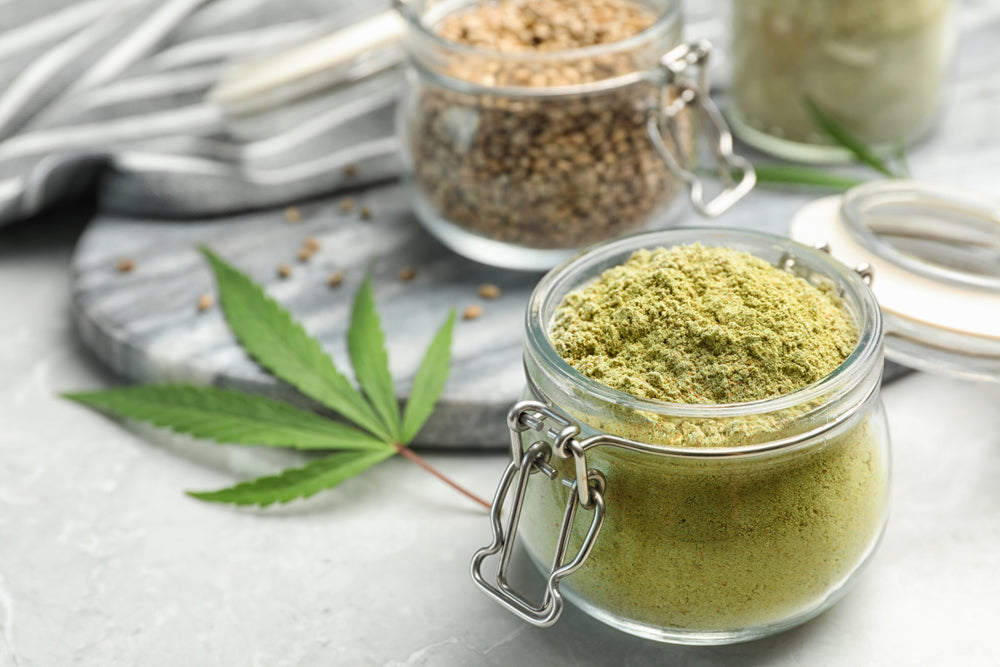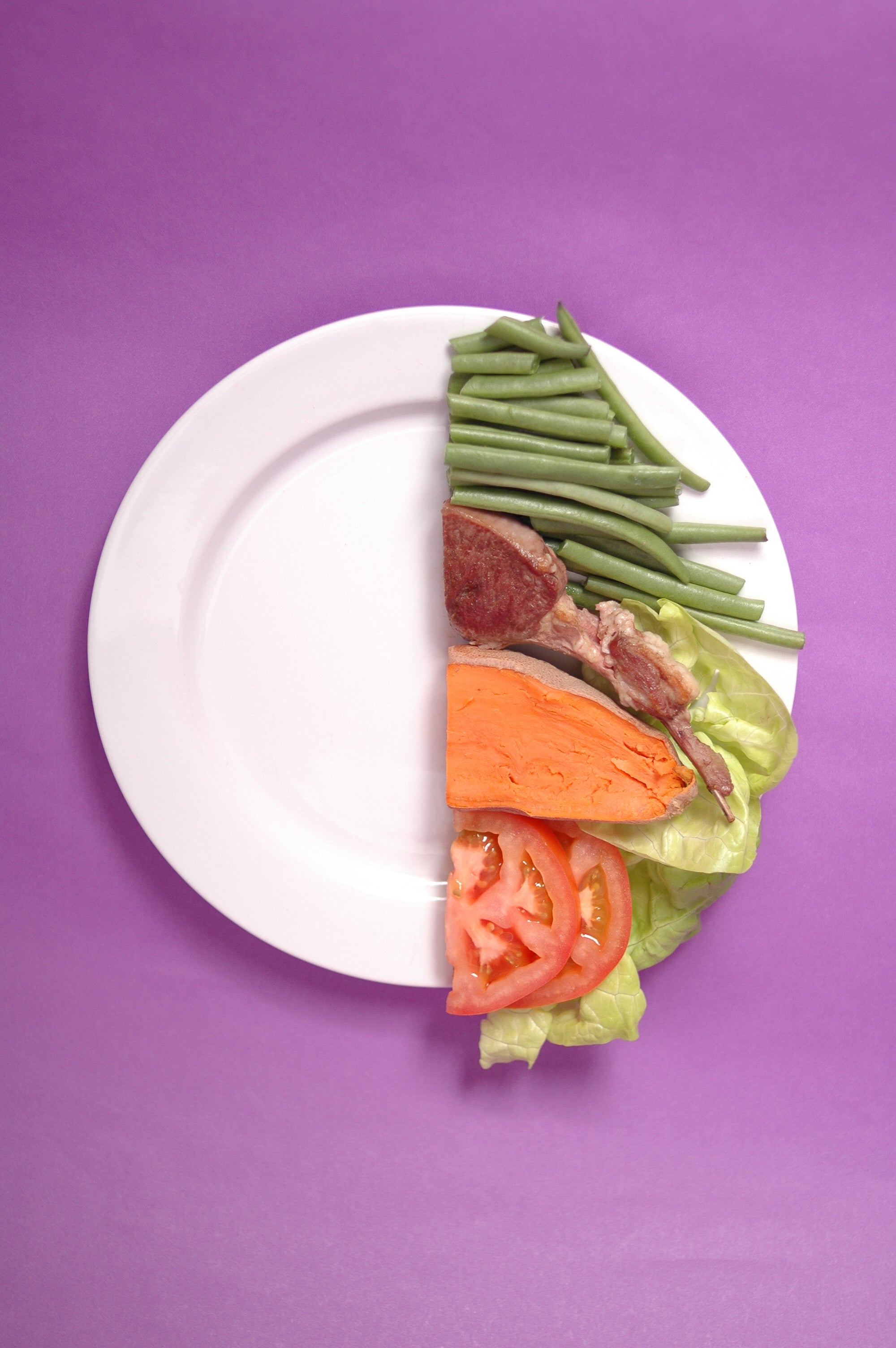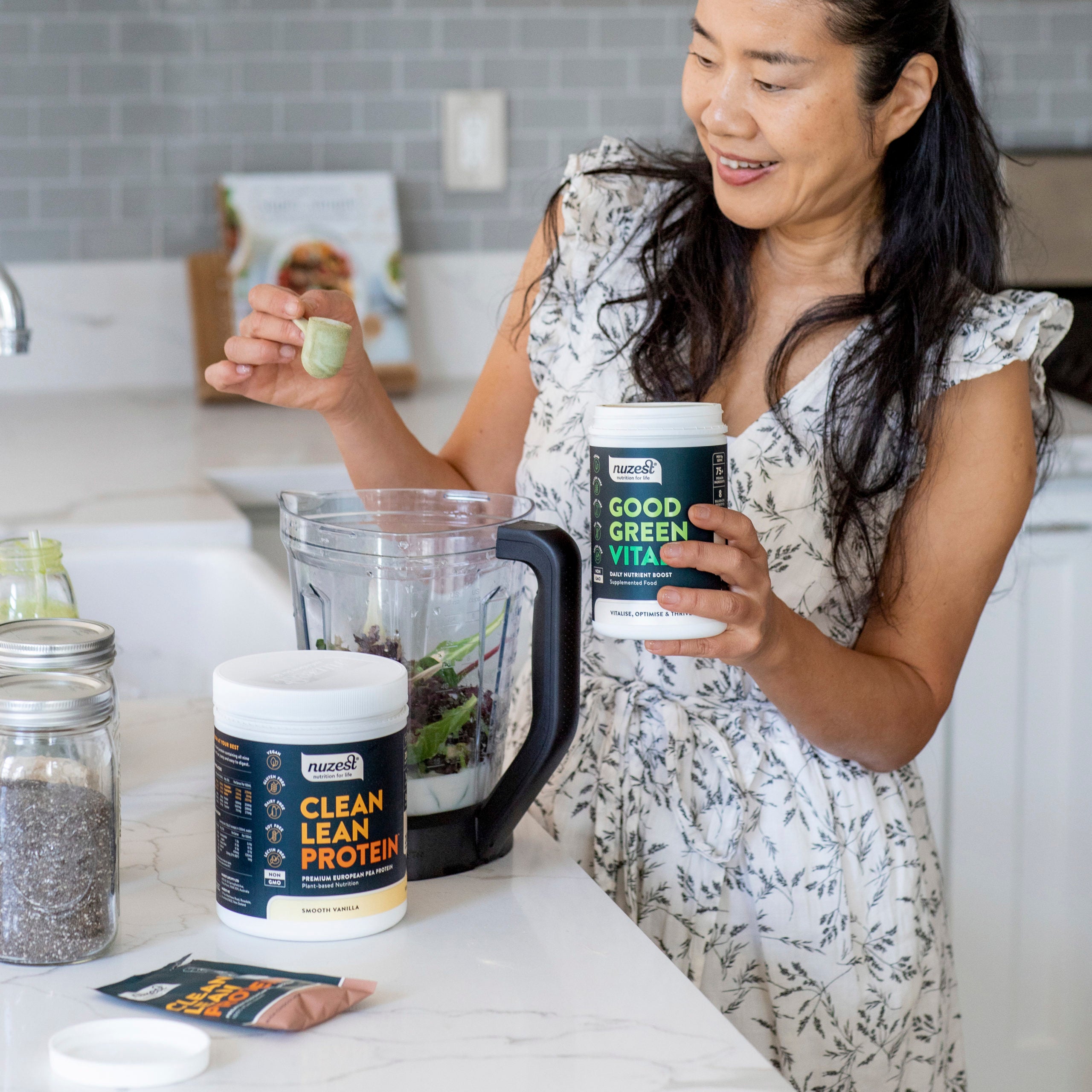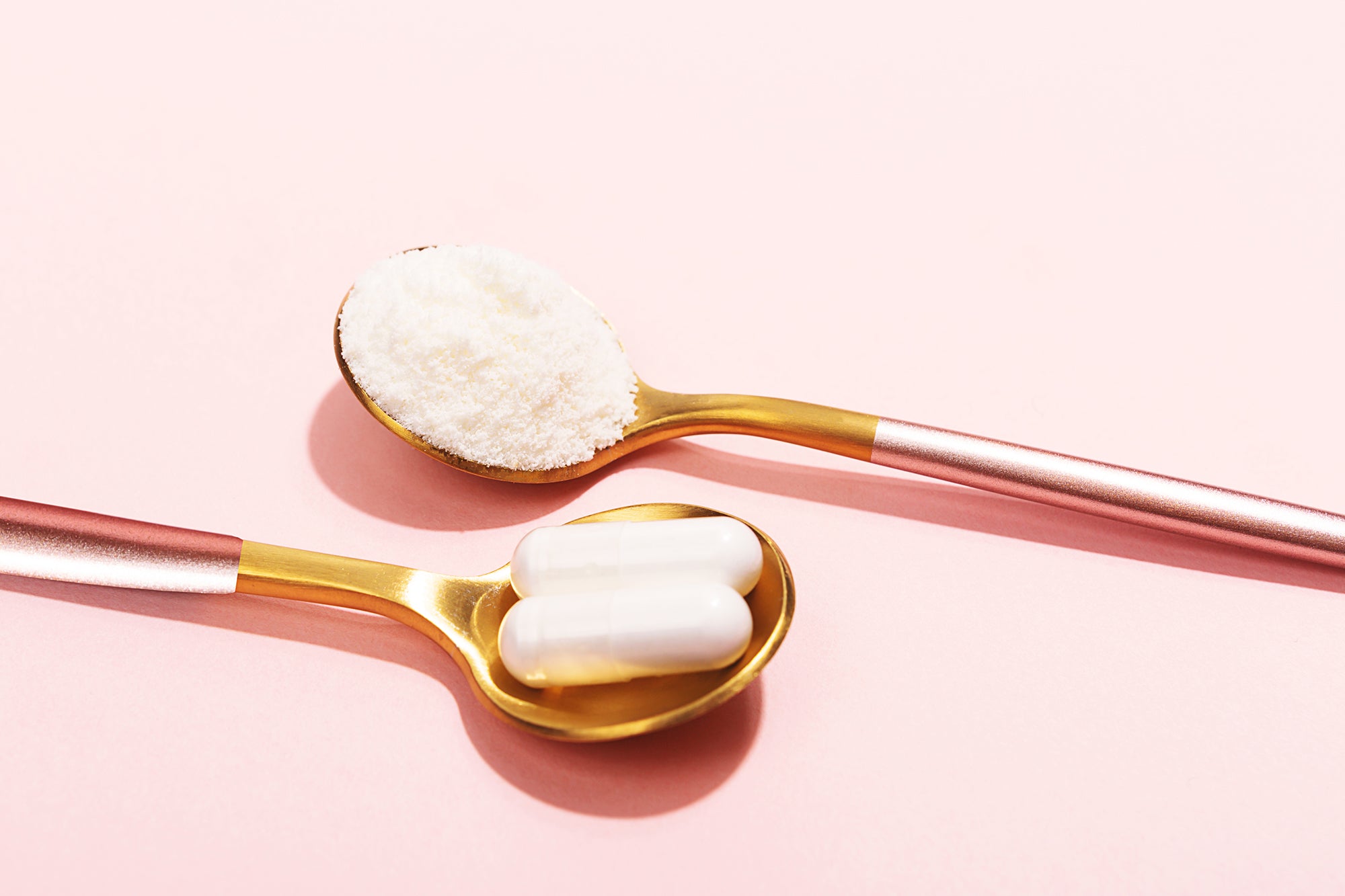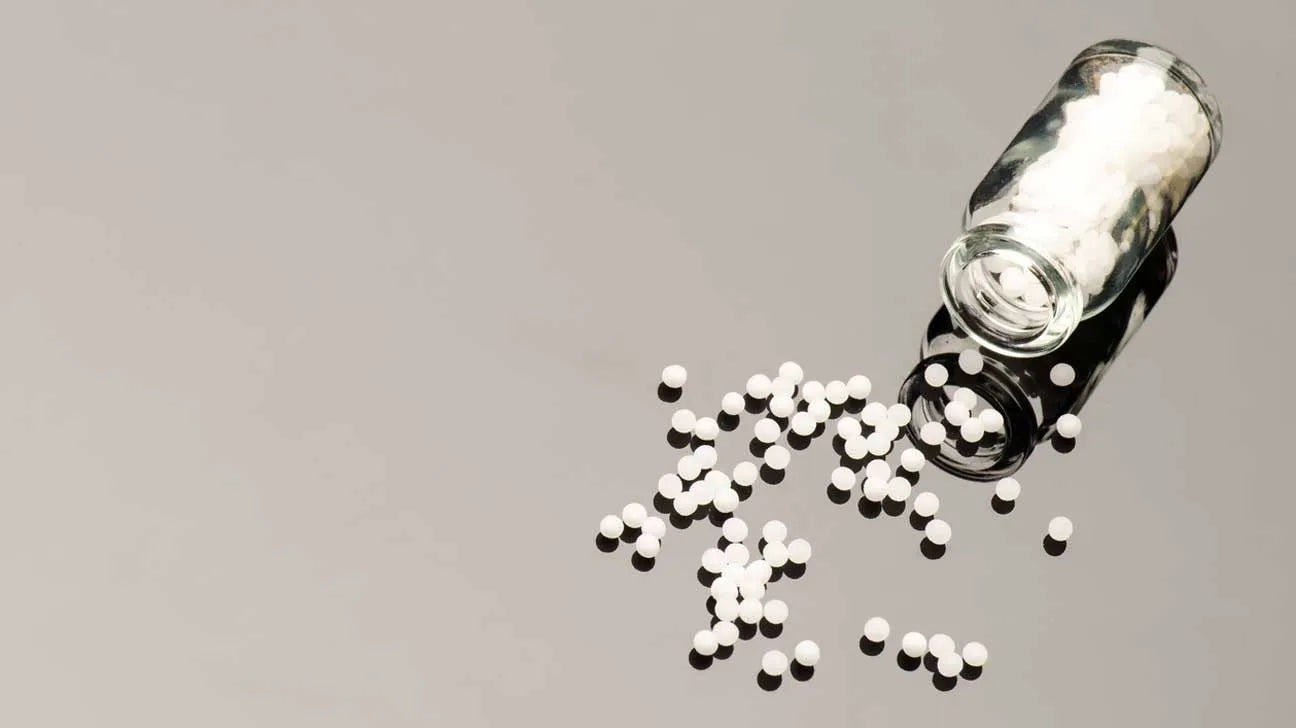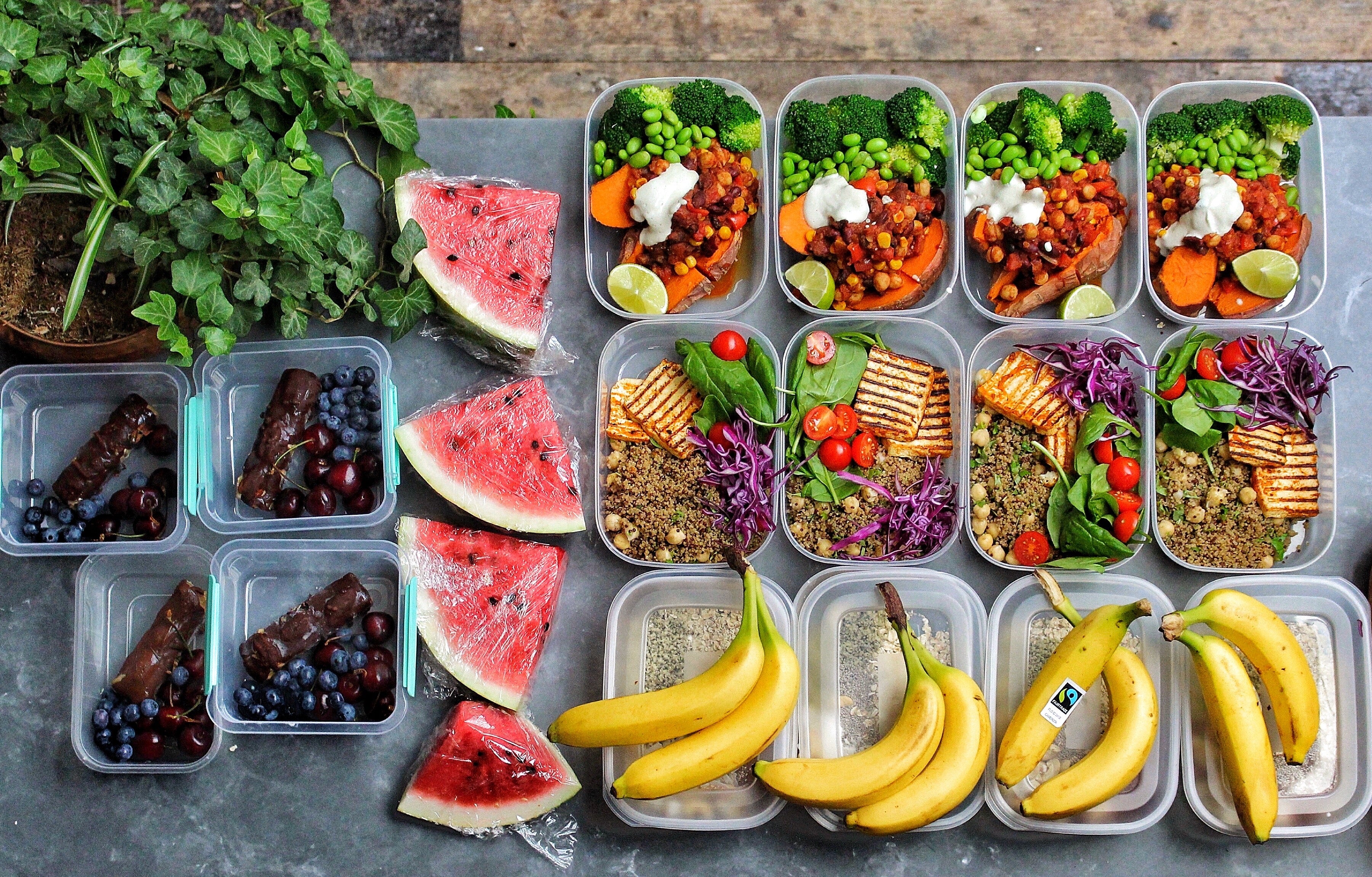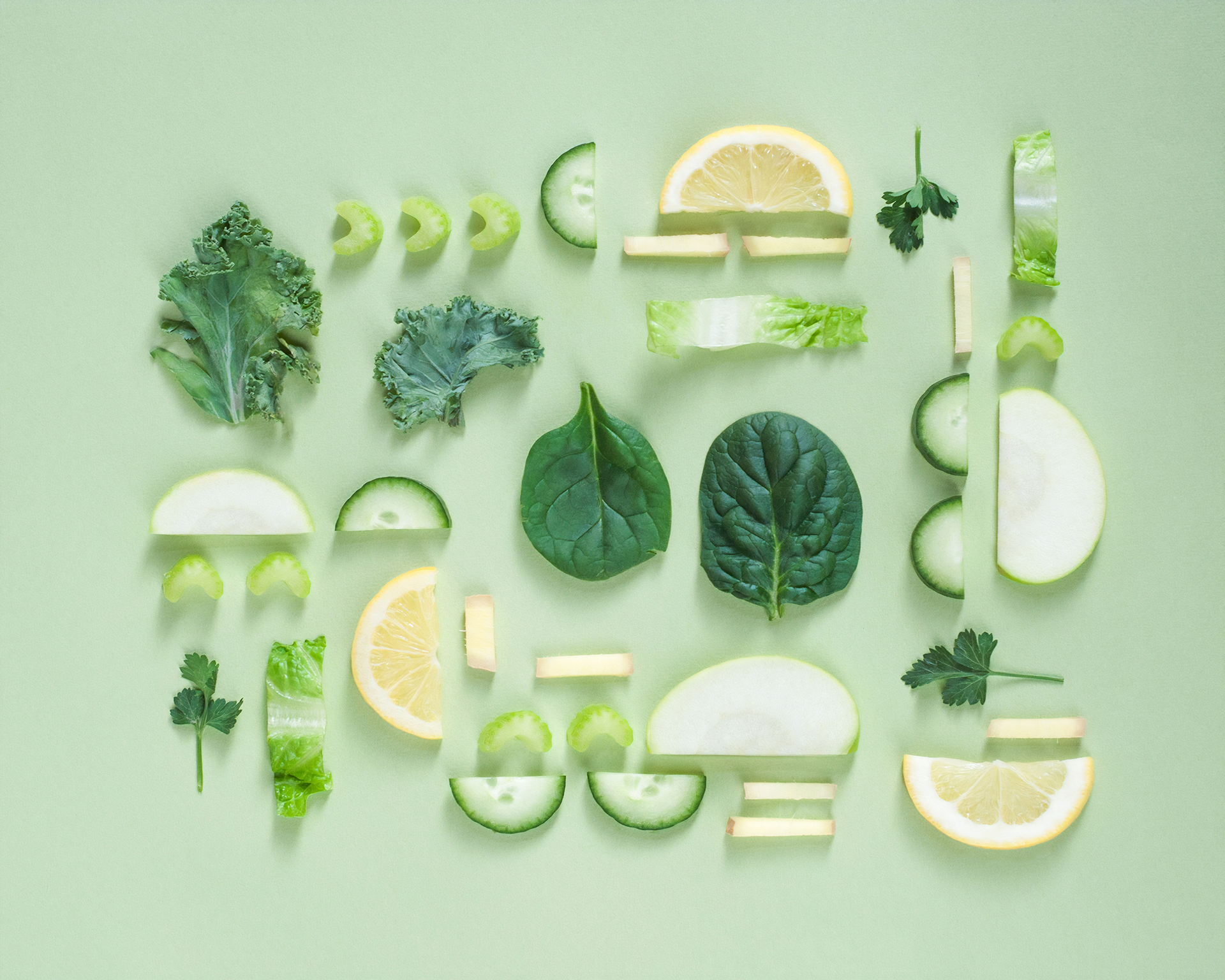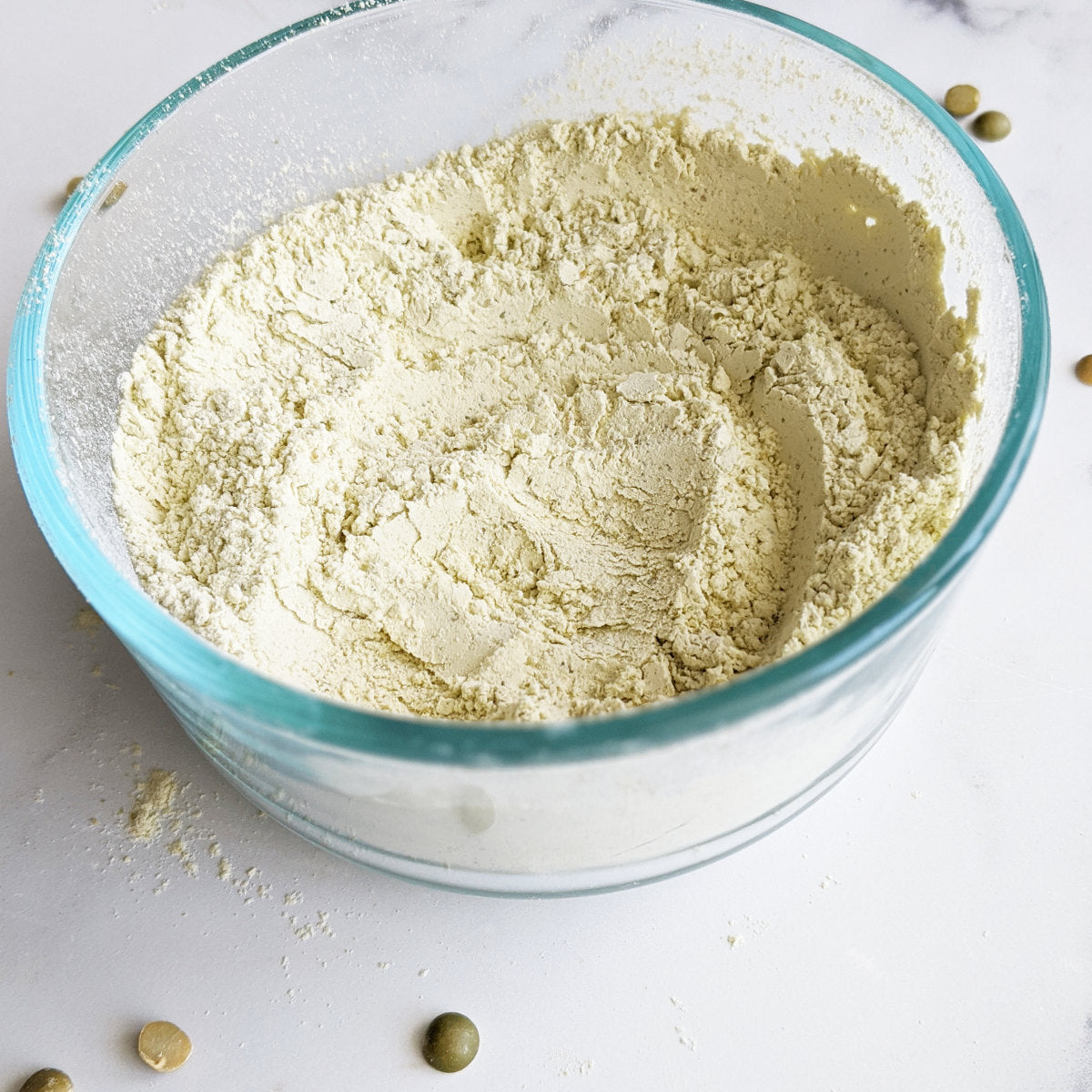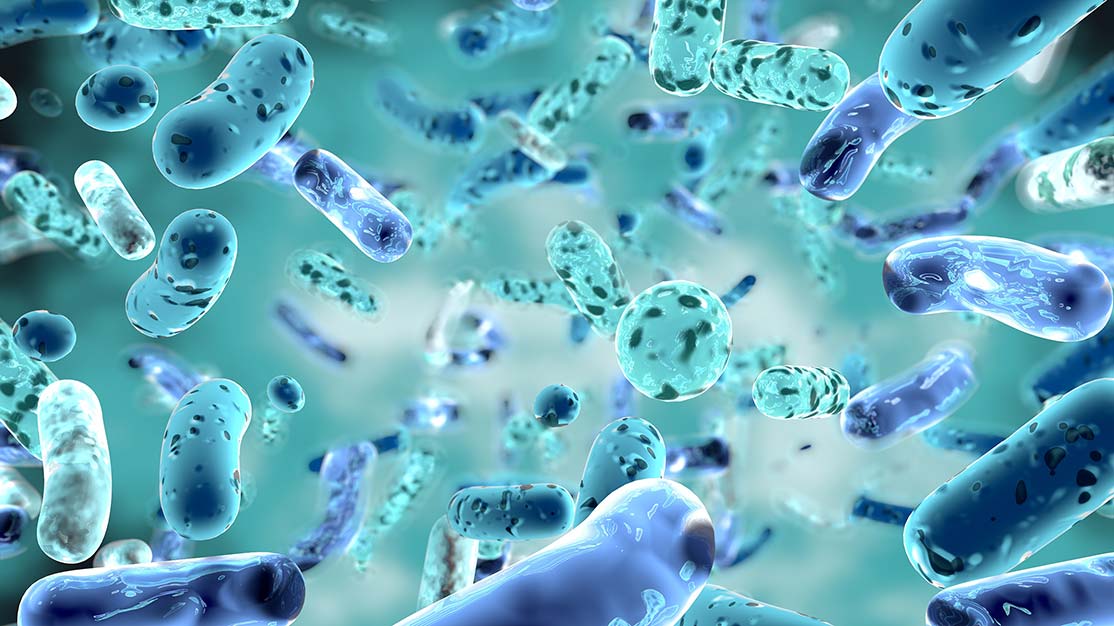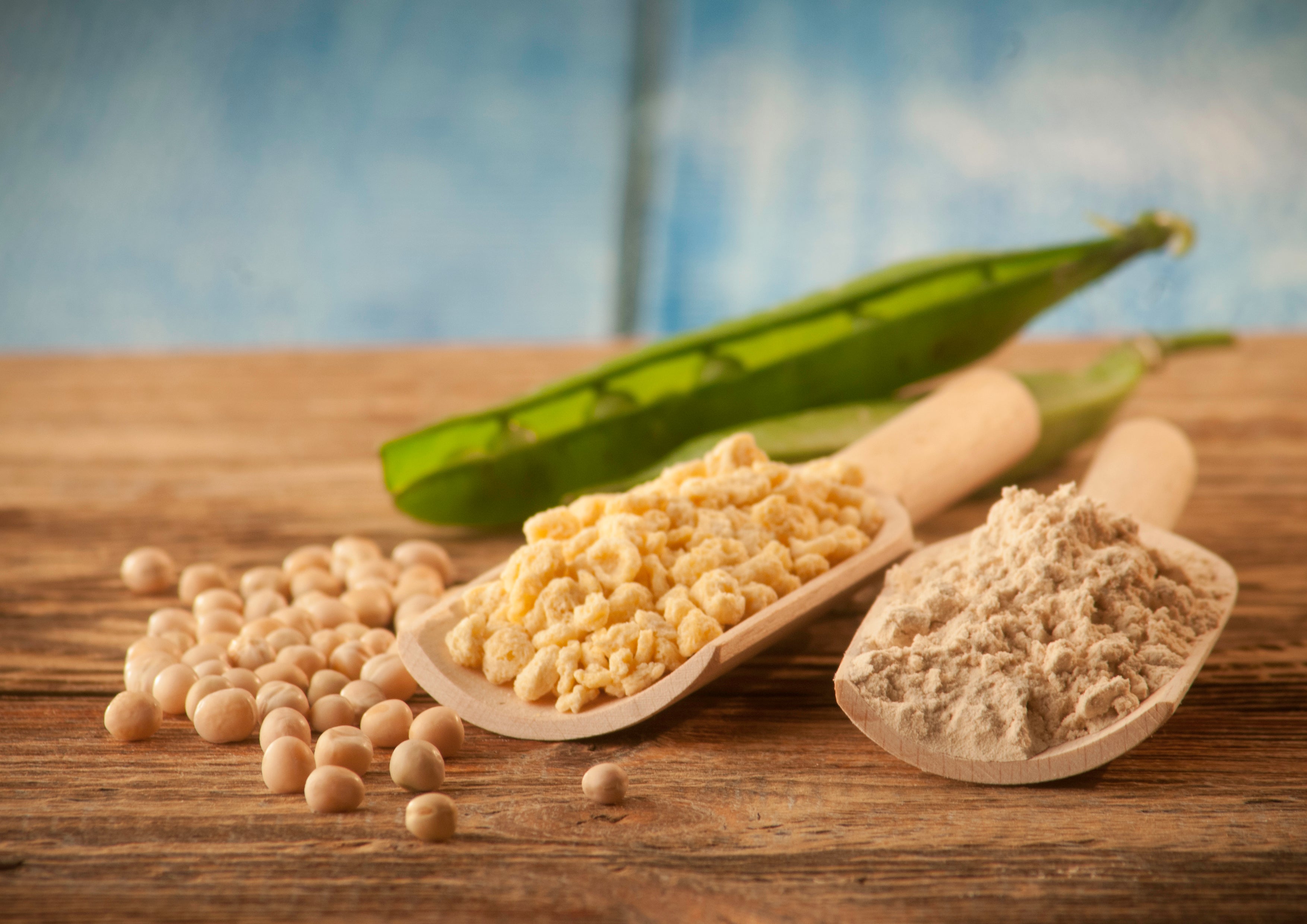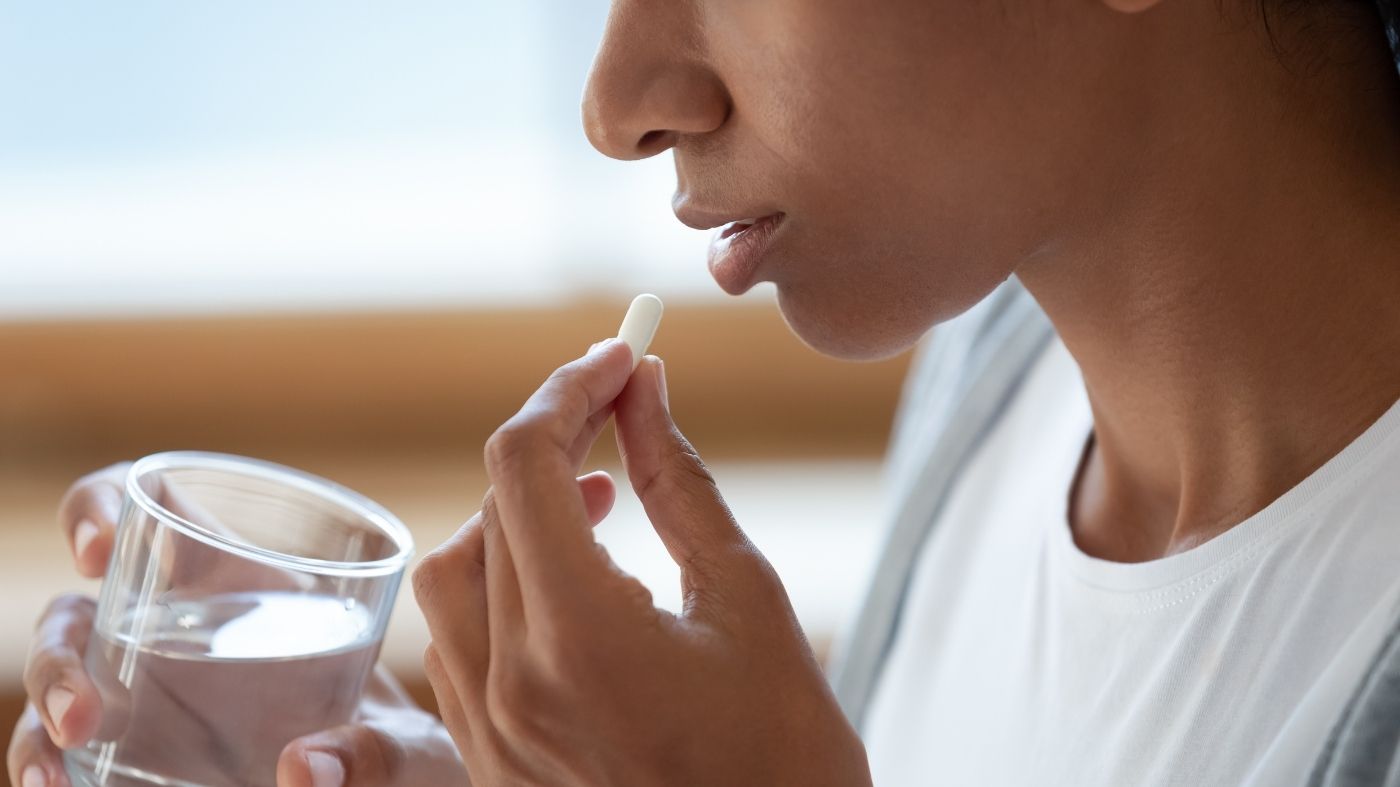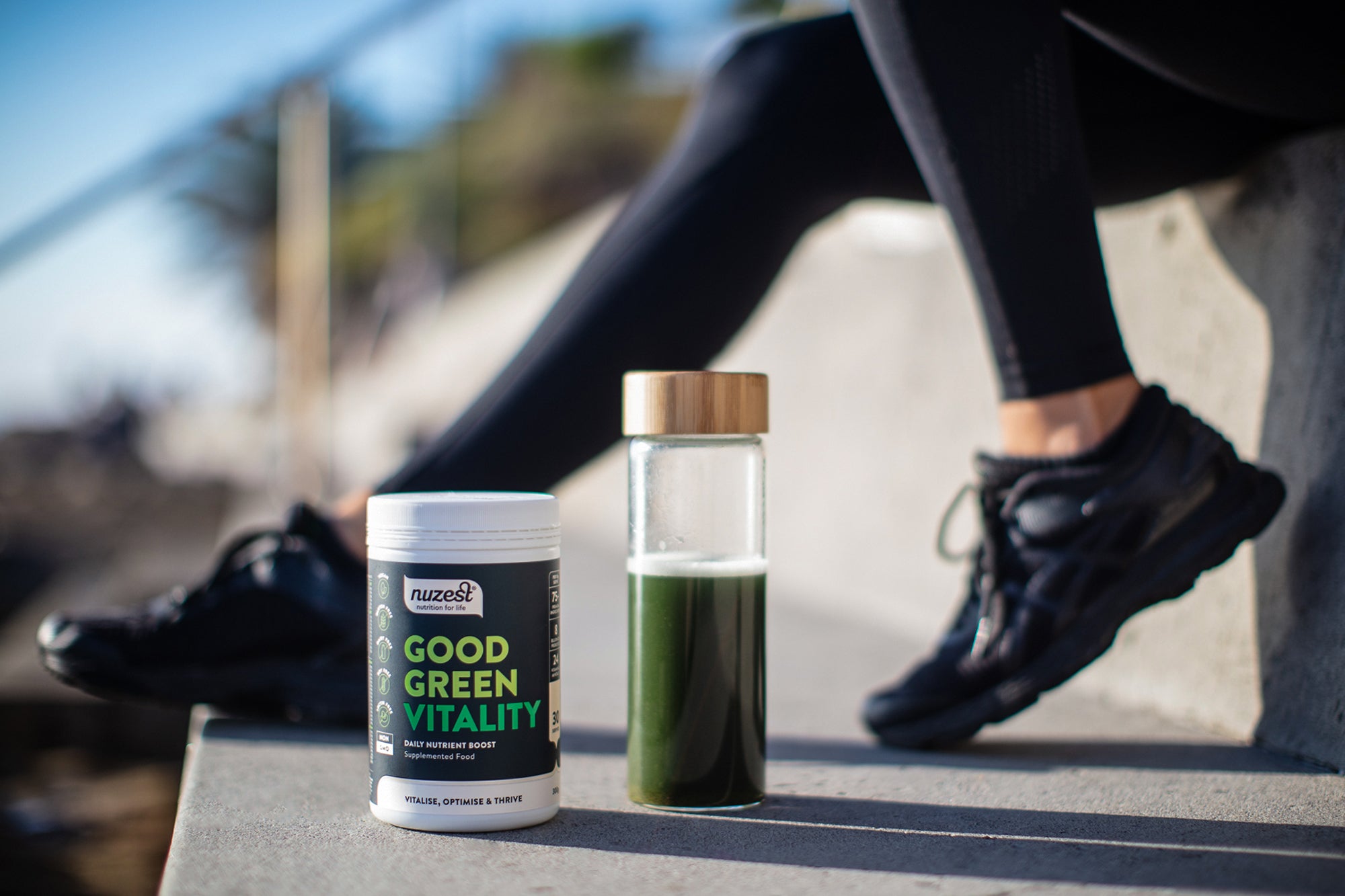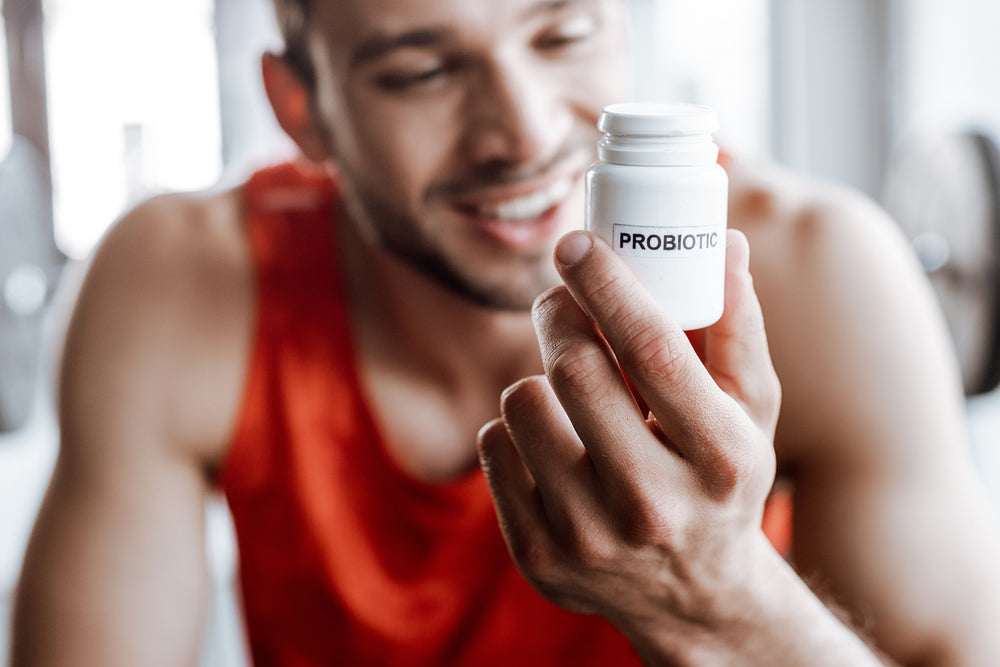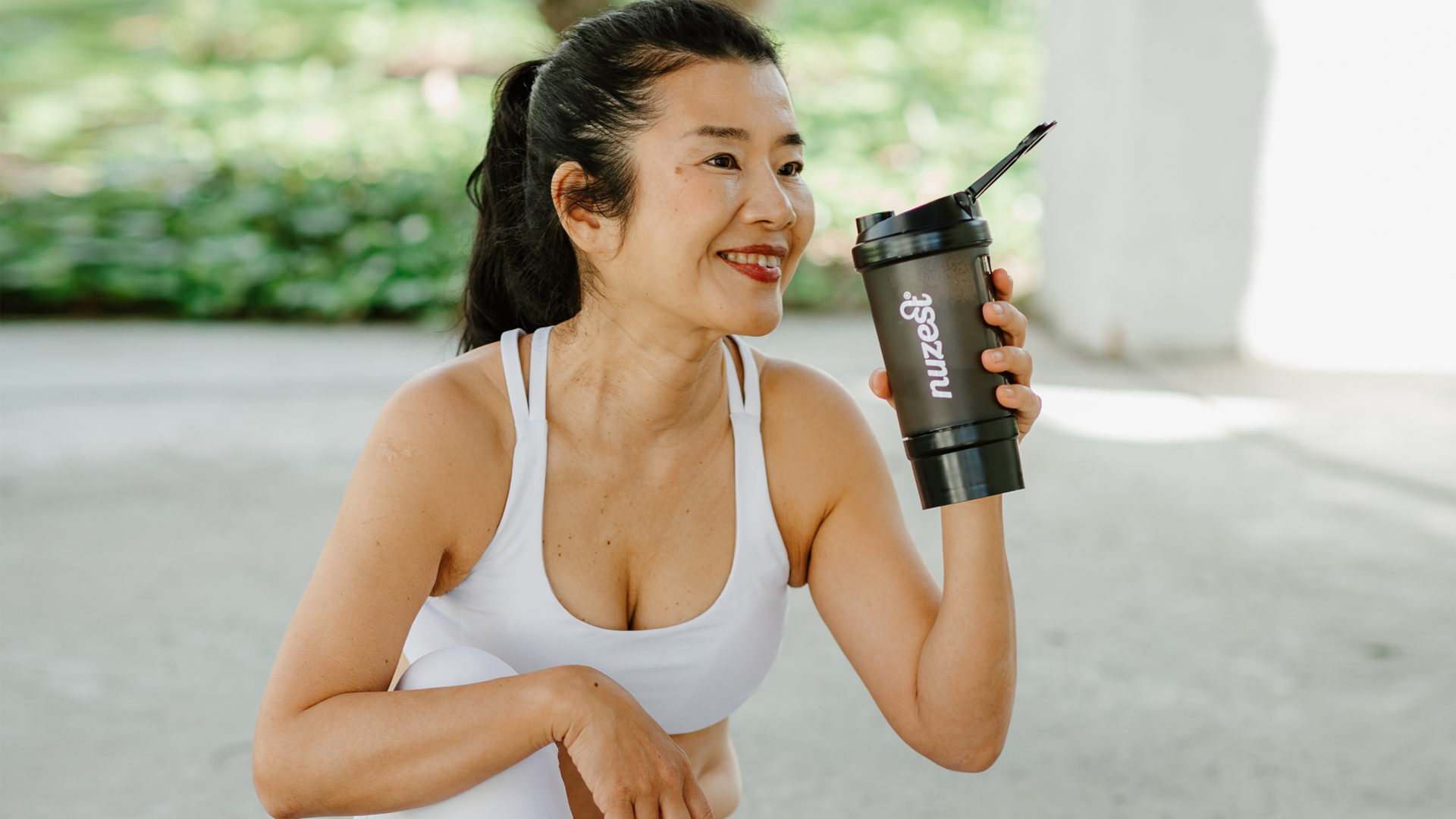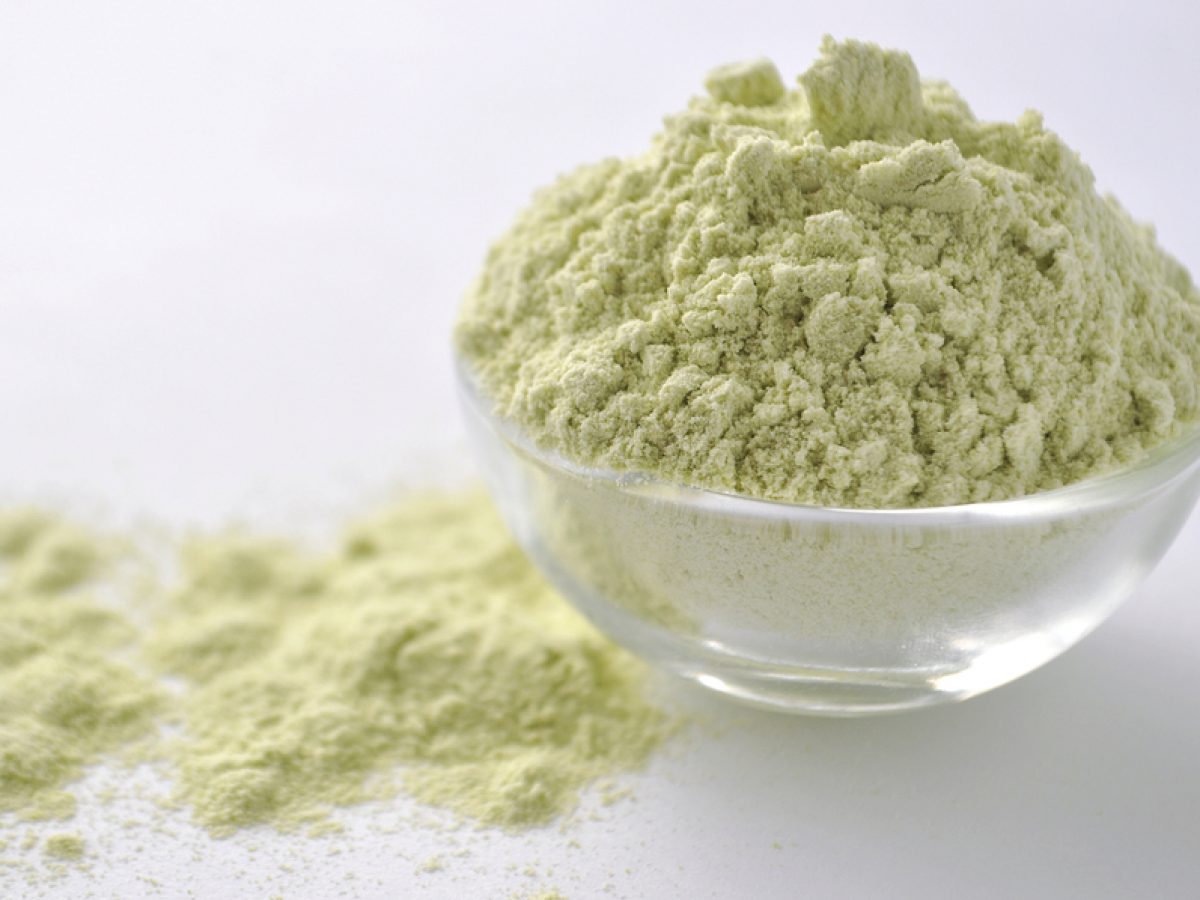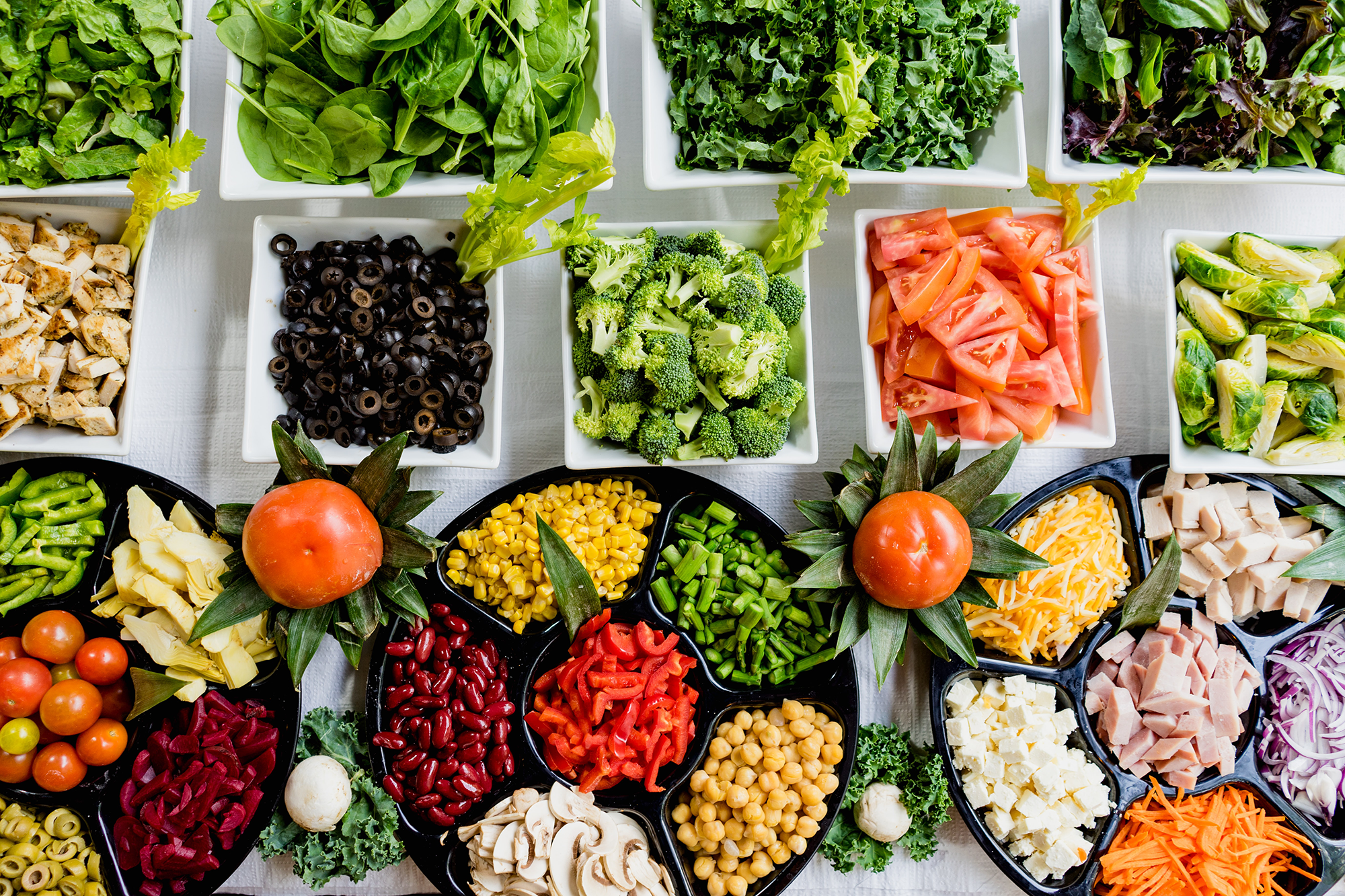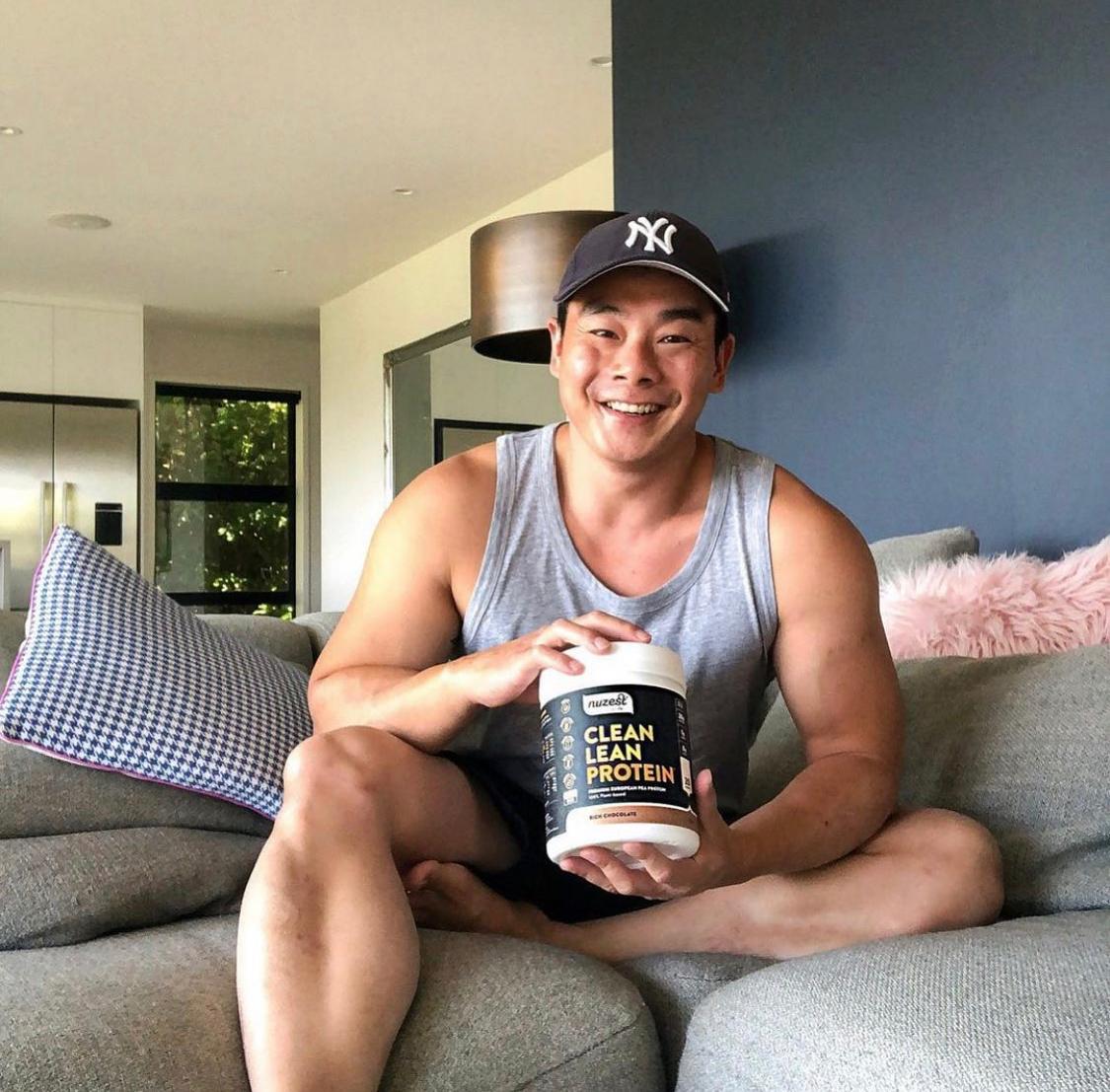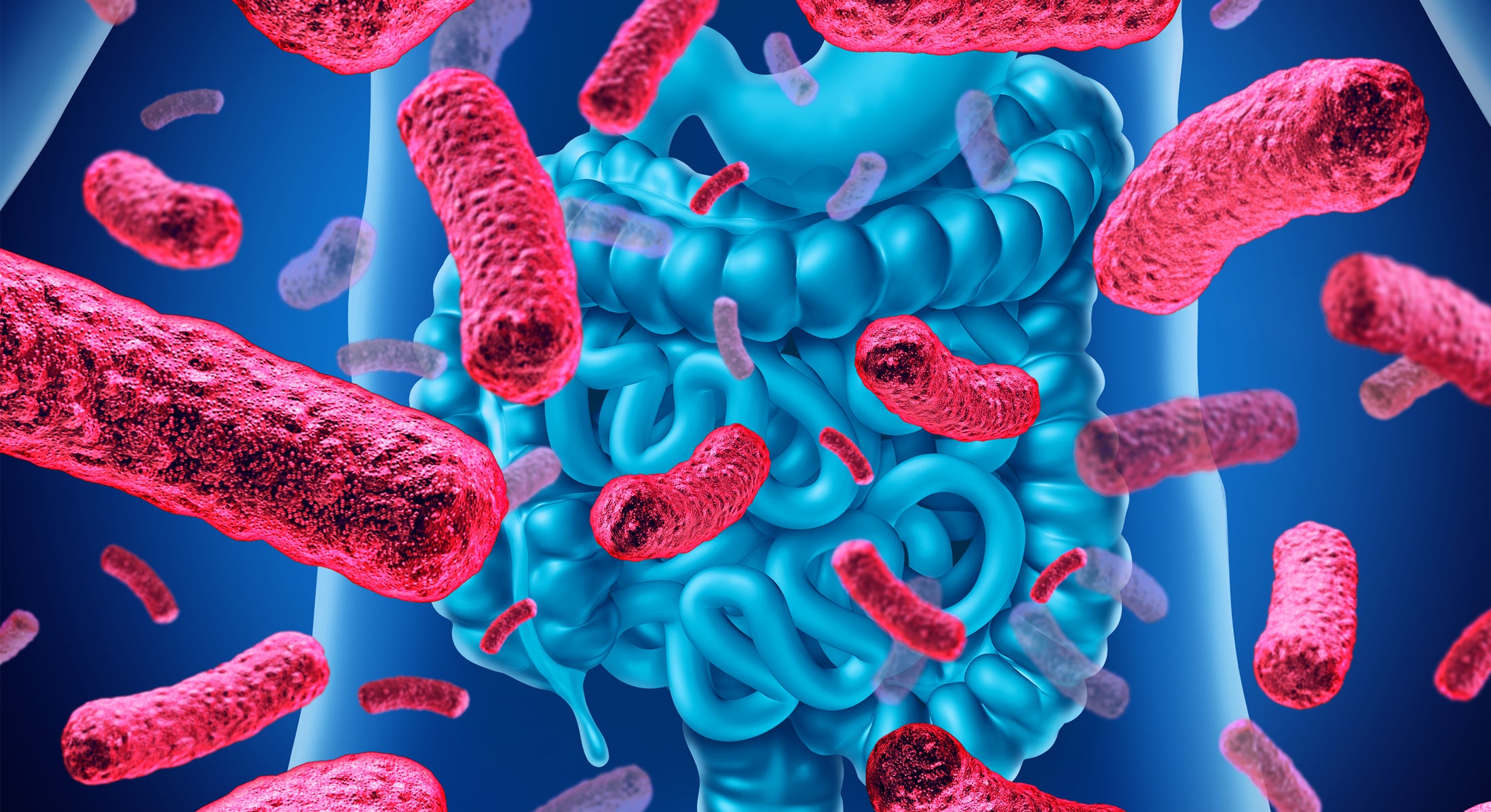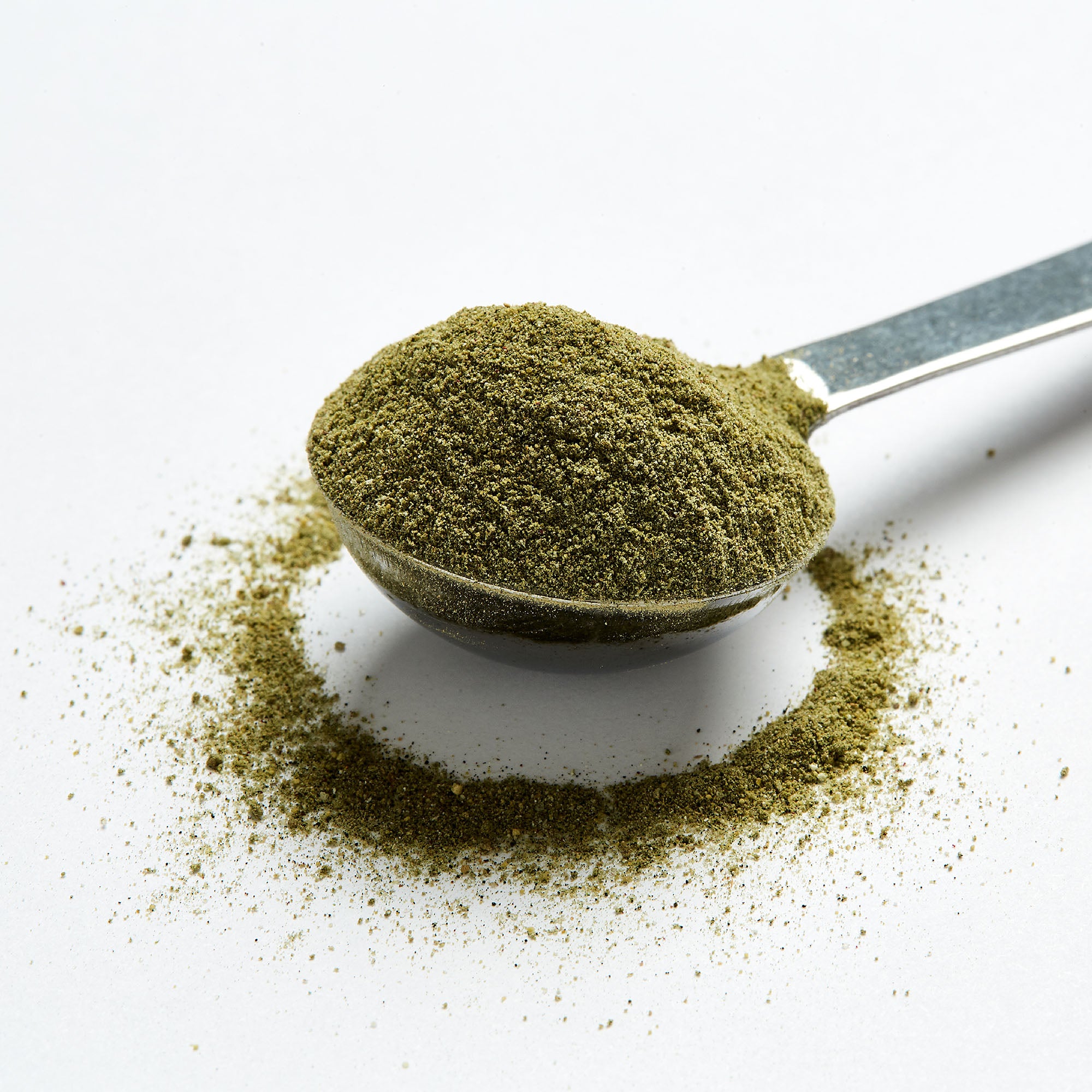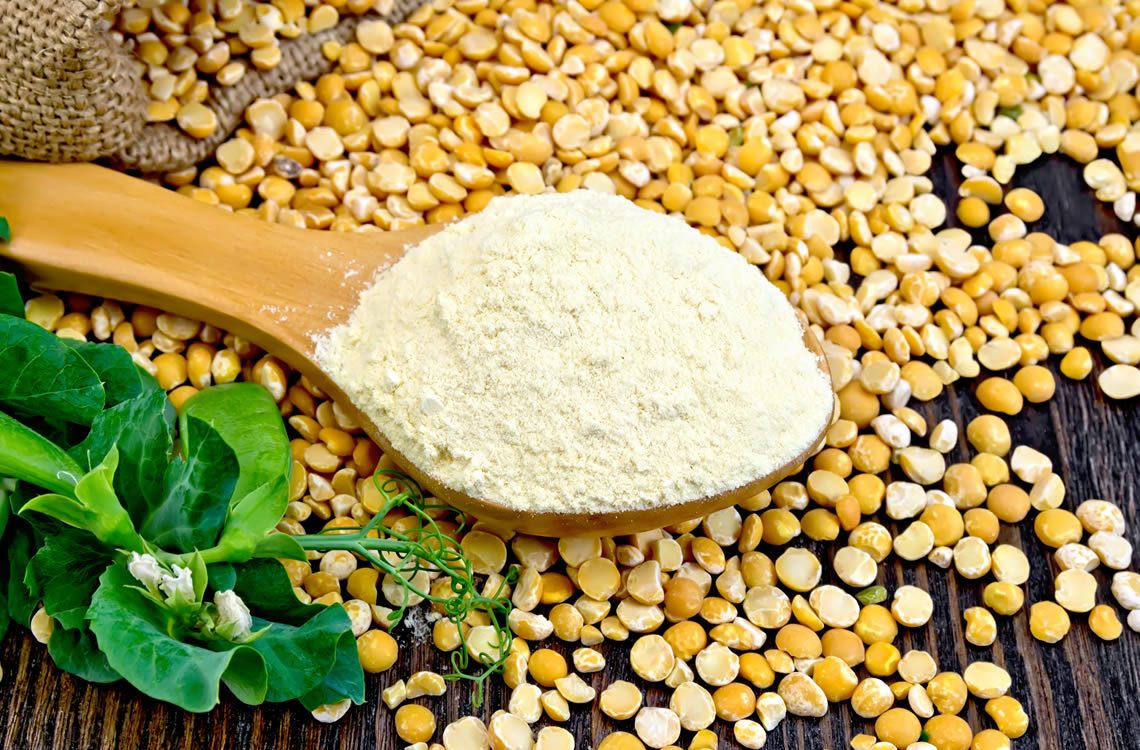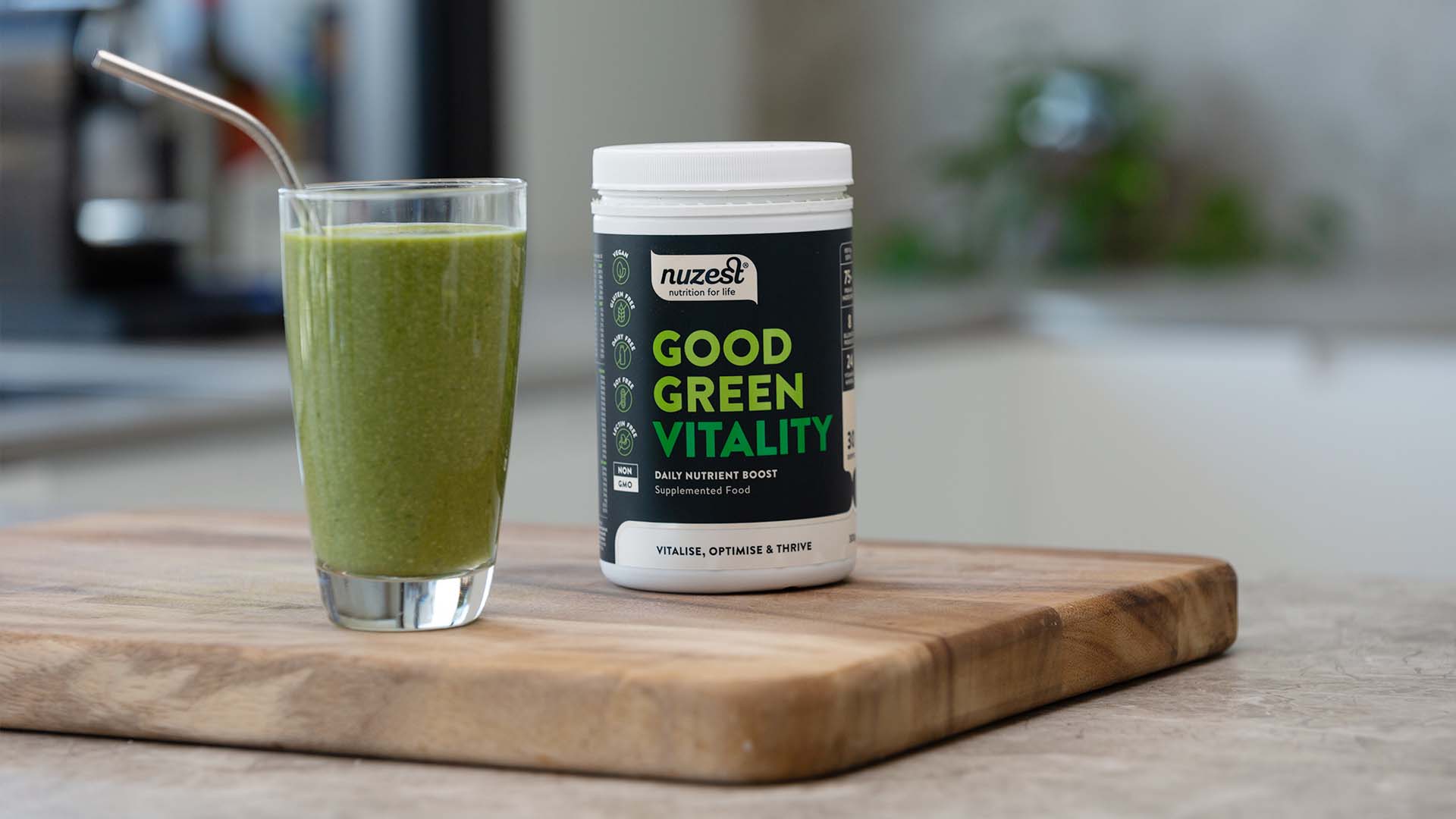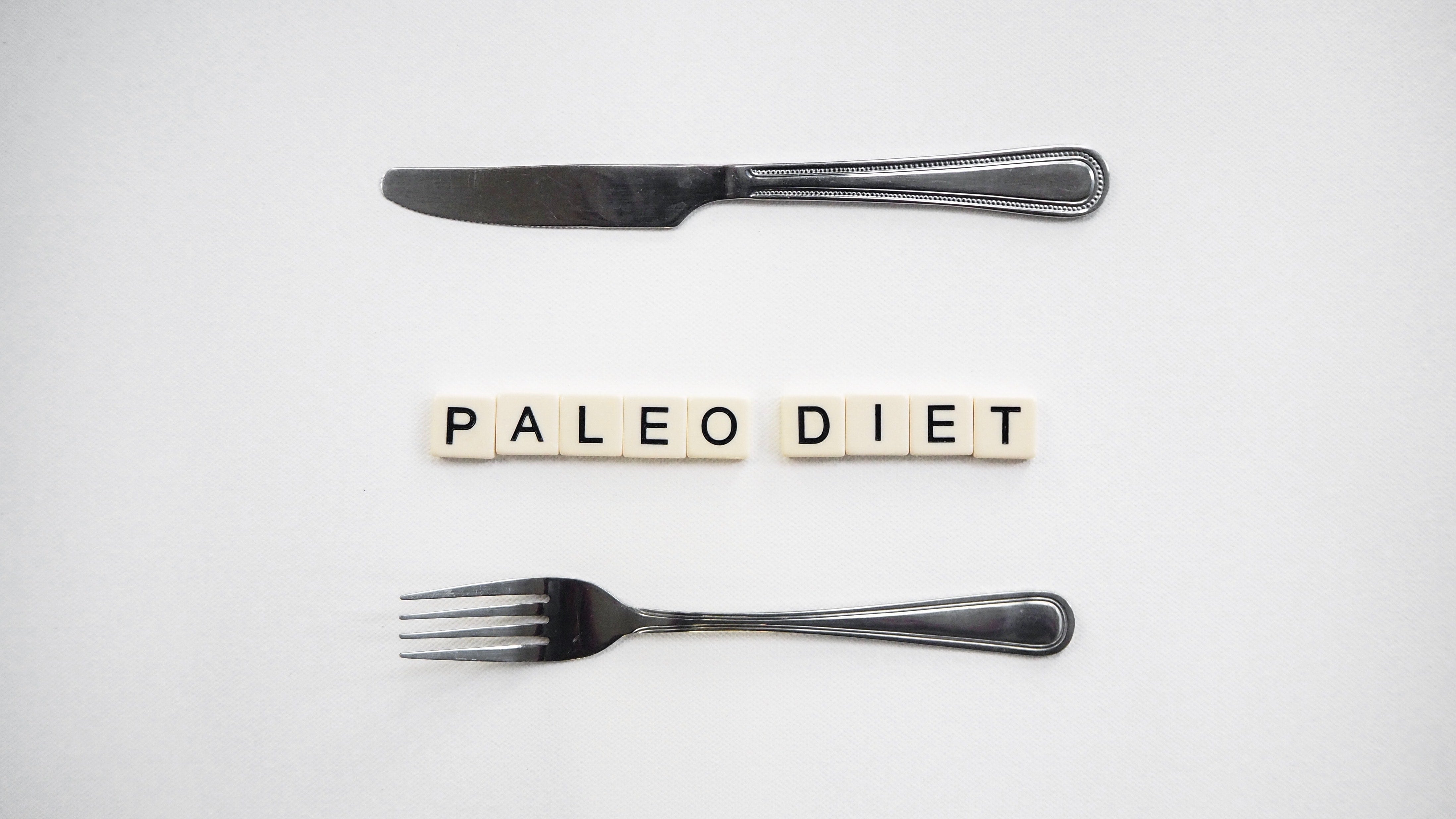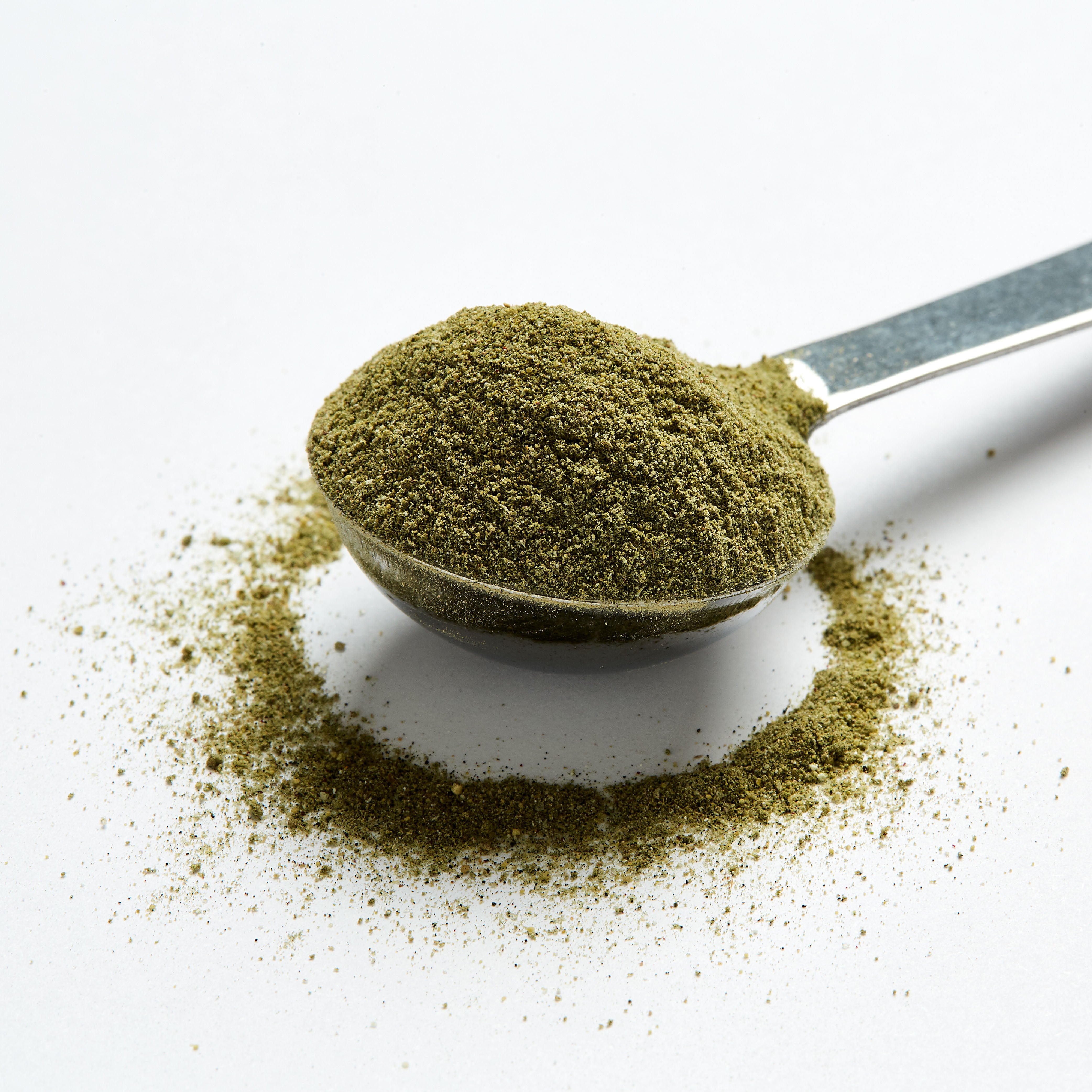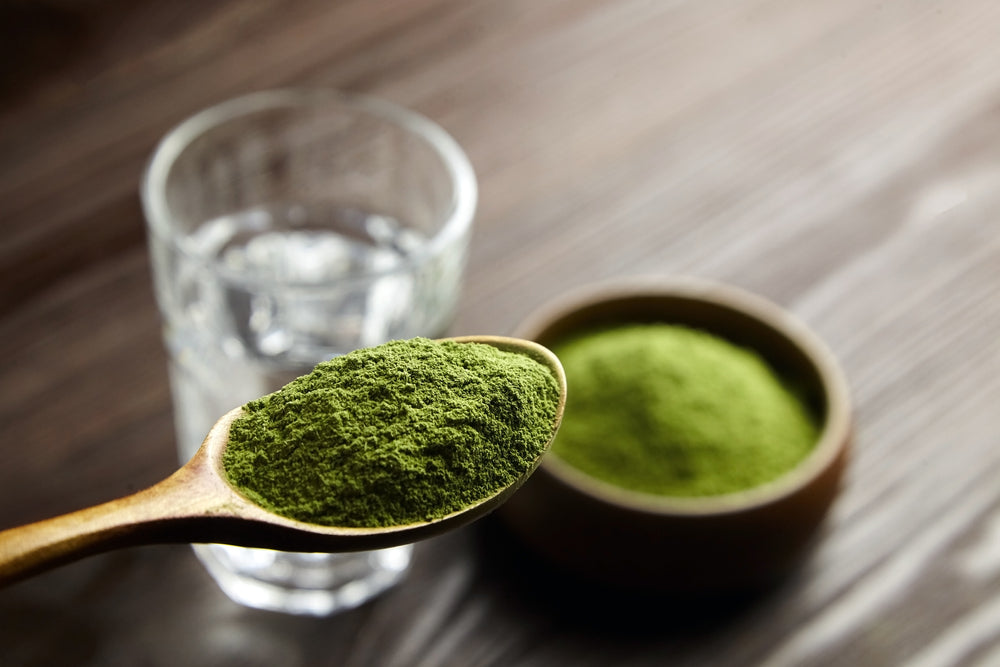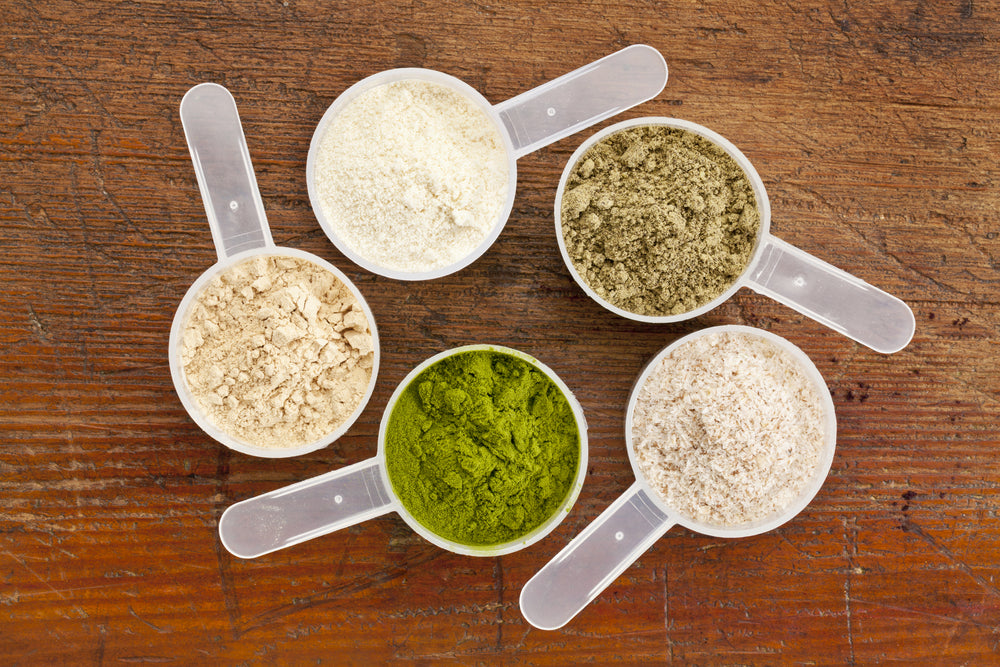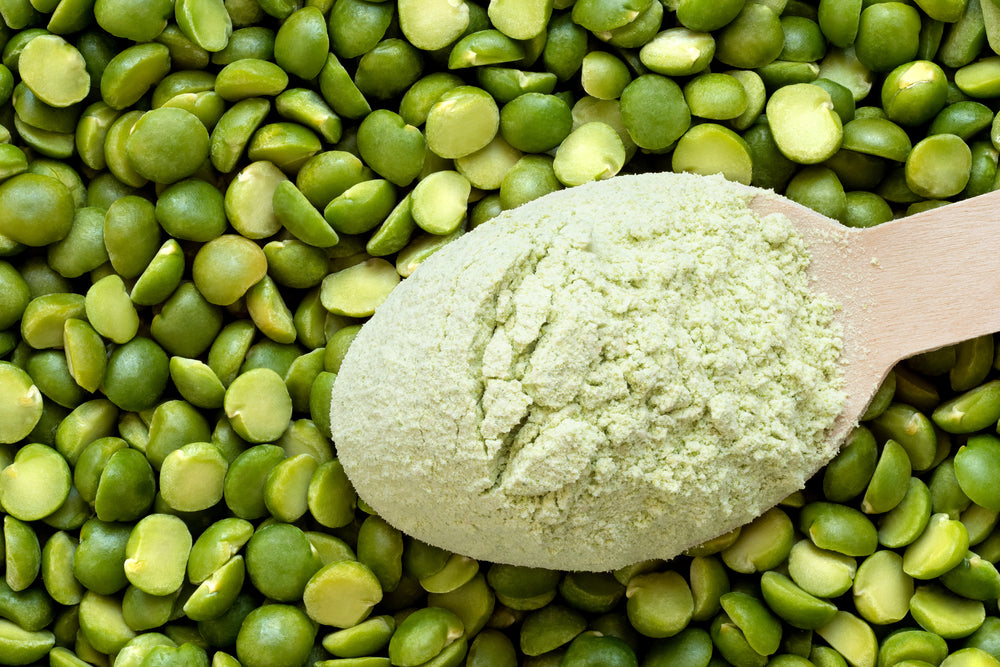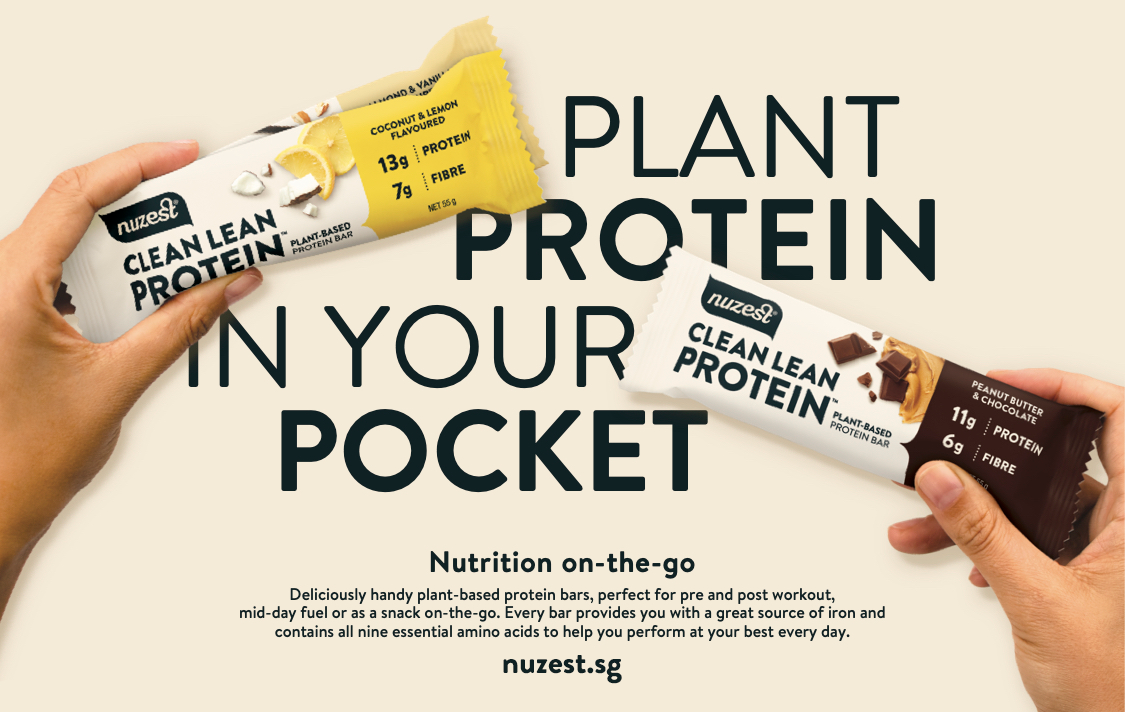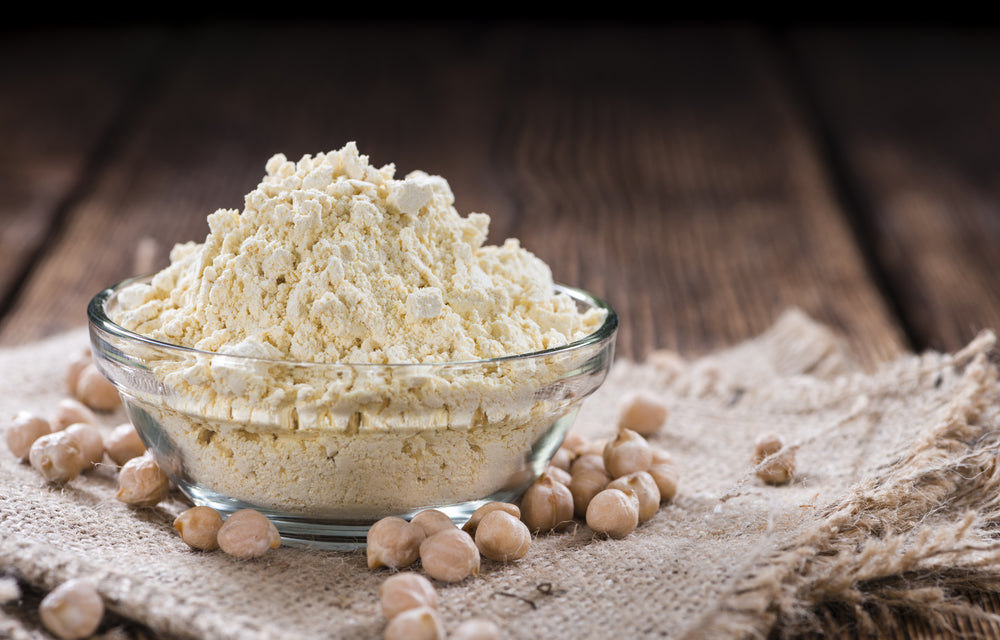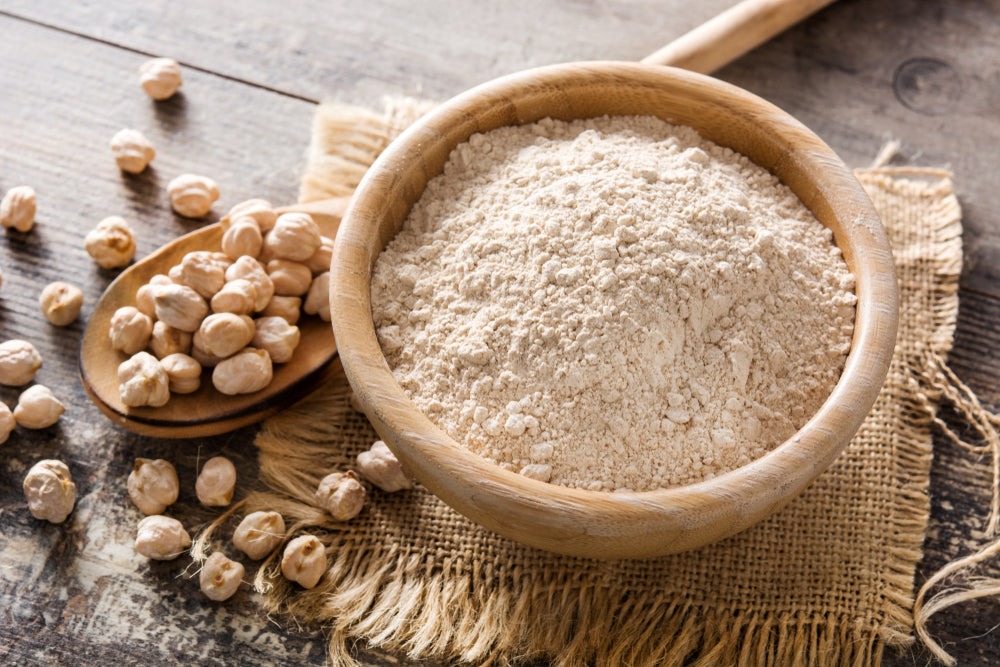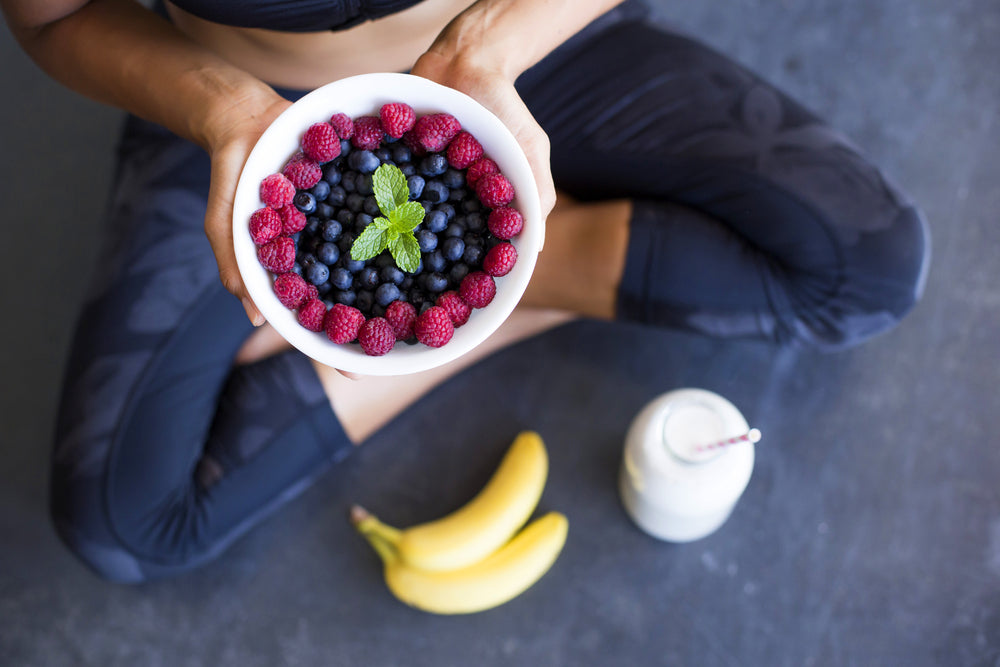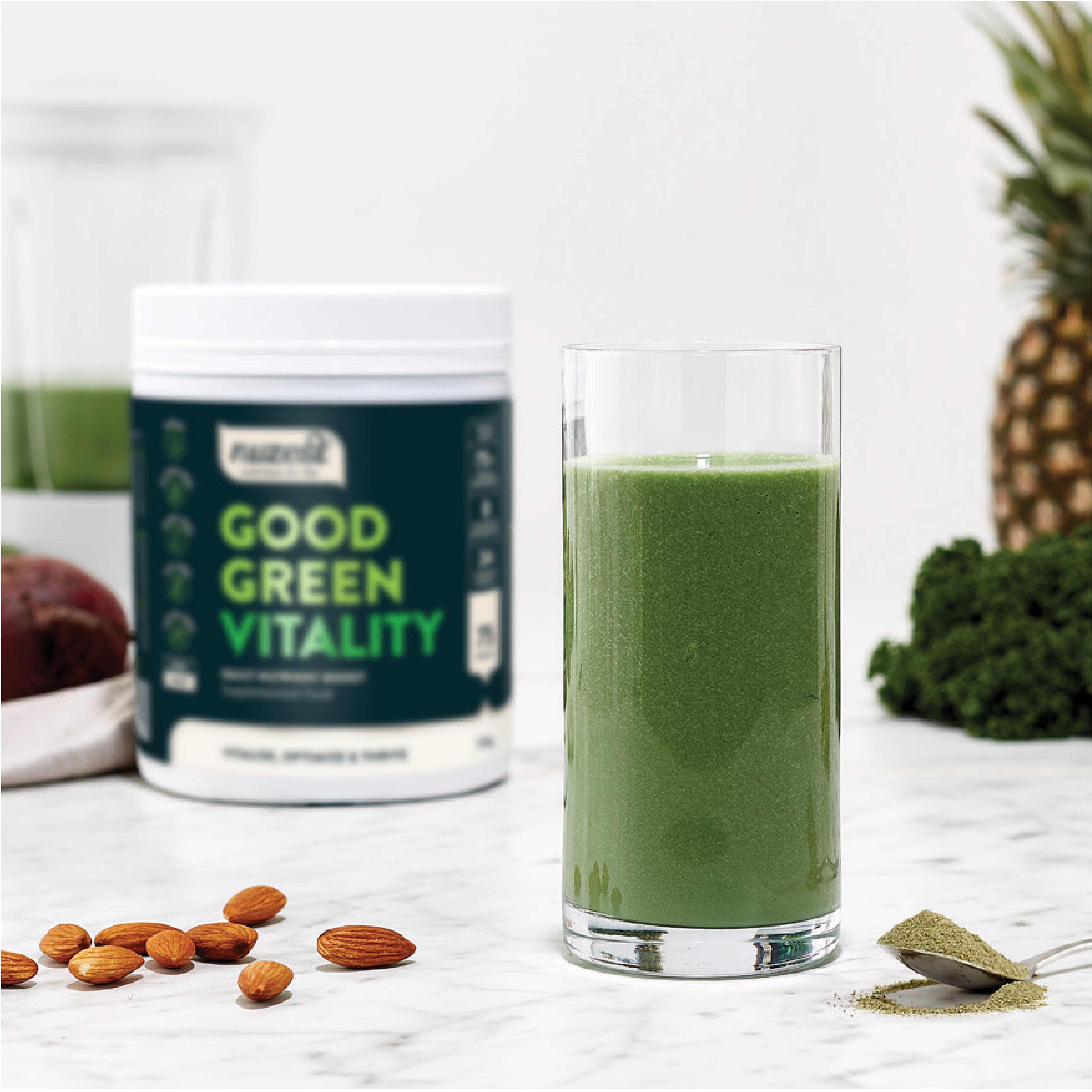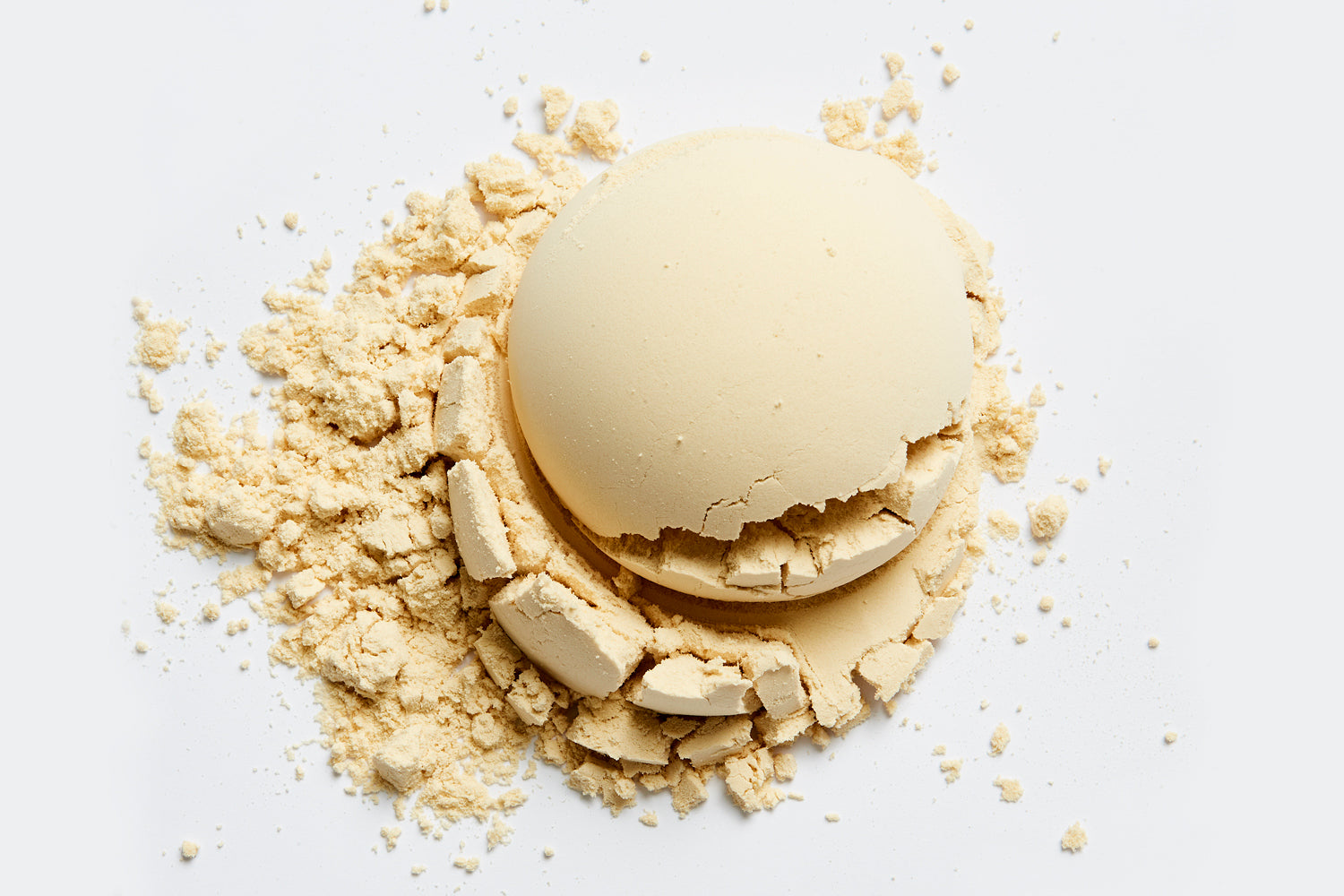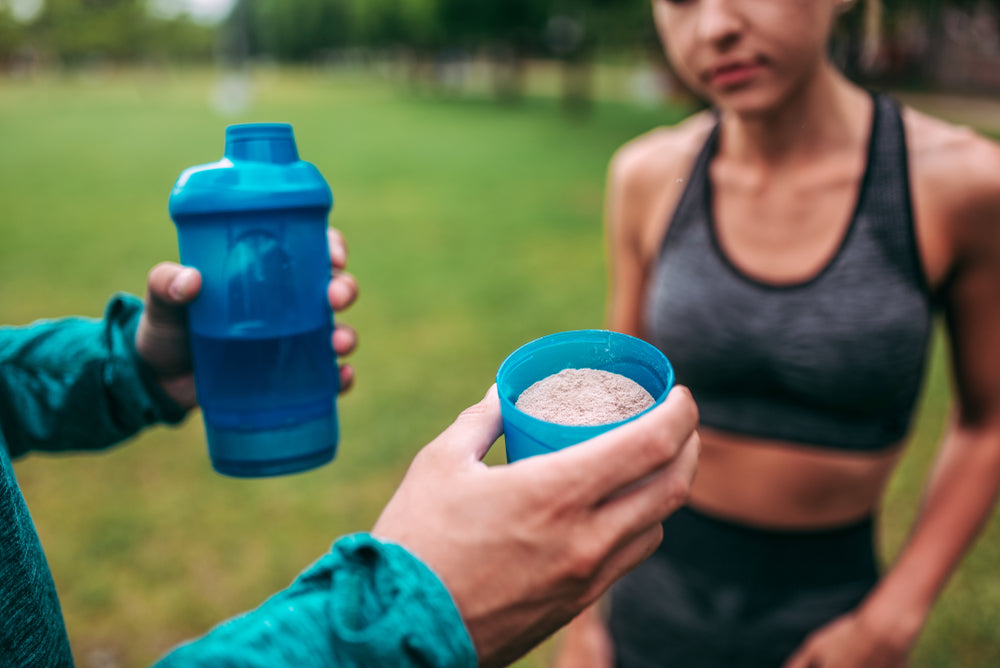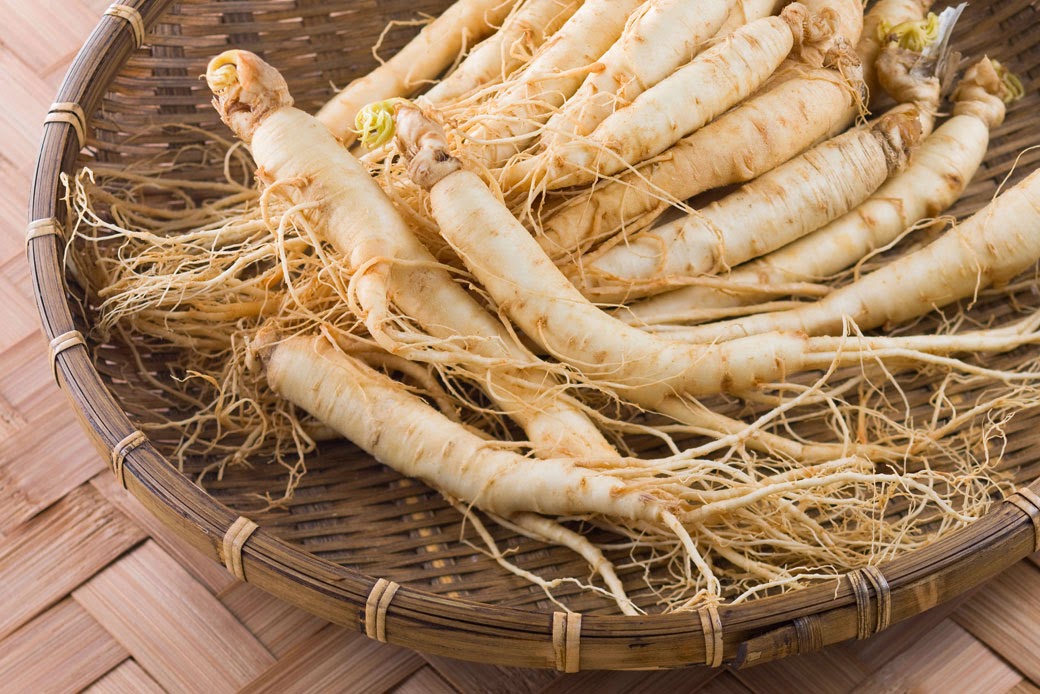Hemp protein and pea protein are the most popular options in the protein supplement category. If you're trying to make an educated choice for your next regular protein source, you'll surely need to know if hemp protein or pea protein will work for you better.
Hemp protein and pea protein are both fantastic sources of plant-based protein. Thus, you will need to identify the differences to help you decide which protein powder will fit well with your health and fitness goals.
In this article, we will tackle the differences between hemp protein and pea protein so that you'll have a better picture of their nutritional value, health benefits, and taste.
Why Do We Need Protein?

Protein is a macronutrient that provides the vital amino acids and building blocks for your body to:
- Repair muscle tissues
- Build more muscle mass
- Improve strength
- Optimize overall body composition.
Protein Supplements
Having the best protein source matters for your health; you have meat, poultry, fish, and legumes as excellent food sources of protein.
Unfortunately, not everyone can successfully hit their daily nutritional needs with just diet alone - even for protein intake. For those aiming to increase their muscle mass and strength to a whole new level, some will consider taking protein supplements.
Protein supplements such as whey protein are popularly used by bodybuilders, athletes, fitness enthusiasts, or generally by anyone who does high-intensity workouts. However, whey protein is produced from animal sources.
For individuals who avoid using supplements sourced from animals, it's great news that there are many plant-based protein supplements available in the dietary supplements market. The most common plant-based protein supplement is hemp protein and pea protein.
What is Hemp Protein?

Hemp protein refers to the protein content found in the seeds of a cannabis plant called hemp. Hemp seeds can either be eaten with the shells removed or grounded into a powder.
Historically, hemp seeds were considered an essential source of protein, fiber, and medicine in the Mediterranean, Egypt, and Morocco for hundreds of years B.C. The process of making hemp protein is simply done by grinding pressed hemp seeds into a fine powder.
Don't confuse yourself with hemp plant and marijuana plant. Yes, both are species of the cannabis plant. However, hemp contains little to no tetrahydrocannabinol (THC) - 0.3 percent or less. Tetrahydrocannabinol (THC) is a psychoactive compound that makes one feel "high" while under the influence of a drug - like marijuana.
What is Pea Protein?
Pea protein is a plant-based protein supplement produced from the legume family's yellow split peas.
The pea pulses are converted to powdered form by mechanically separating the starch, fibers, protein, and other components. The protein part of the pea is concentrated, purified, and dried.
What are the Differences Between Hemp Protein and Pea Protein?
Nutritional Value
Hemp and pea are complete proteins. Both contain all nine essential amino acids, such as
- Histidine
- Isoleucine
- Leucine
- Lysine
- Methionine
- Phenylalanine
- Threonine
- Tryptophan
- Valine
While these plant-based proteins have all the essential amino acids, it doesn't mean they have a similar protein profile.
Hemp is low in lysine, an essential amino acid that supports nutrient absorption and immunity. On the other hand, pea protein is low in methionine, an essential amino acid necessary for liver health and other cell functions.
The nutritional composition of these protein powders differs from brand to brand. Let's see how much nutrients you can get from a serving portion of Hemp protein powder (1 serving, 31g) vs. Nuzest's Pea Protein - Clean Lean Protein (1 serving, 25g).

Protein content. Hemp protein contains 75% protein content on dry weight, while pea protein contains 90% protein.
Fats and carbohydrates. When it comes to fats and carbohydrates, hemp contains a higher amount of these nutrients compared with pea protein.
Other nutrients. Hemp is the winner in terms of higher amounts of fiber, iron, and potassium.
Heath Benefits
Just like most protein sources, hemp protein and pea protein serve many functions. However, they do have their own unique health benefits.
Hemp Protein Health Benefits
The best feature of hemp protein is the fiber content it holds. Fiber is crucial for good digestion and appetite control. Hemp protein powder also contains omega-6 and omega-3 fatty acids, which support heart health.
Pea Protein Health Benefits
Pea protein is an excellent source of arginine, leucine, isoleucine, and valine, crucial for blood flow, heart health, and muscle growth. It also contains iron, which is good for vegans or individuals who avoid eating animal sources.
Furthermore, pea protein holds a high bioavailability and excellent digestibility. It is a gastrointestinal-friendly protein product that makes it easier for the body to absorb nutrients.
Taste
Hemp protein powder is usually brownish-green and known for its earthy, grassy, or nutty taste. You might notice that it may look sandy if you mix this protein powder in water.
Pea protein blends well with water. The mixture holds a smooth and creamy texture with notes of raw and earthy flavor.
Should I Take Hemp Protein or Pea Protein?
Know that hemp protein and pea protein are the best known plant-based protein supplements that the market offers. You need to test both protein supplements and see which one works best for you.
After all, every person has different preferences. The deciding factor will depend on the taste, cost, quality of ingredients used, manufacturer, and other factors.
You are already aware that both pea protein and hemp protein have potential health benefits. These are good choices of plant-based proteins, especially if you avoid dairy products consumption due to allergies, religious beliefs, or veganism.Overall, it's worth trying to purchase some sample packs of each of these protein powder supplements. Then, try and see which of the two you will enjoy the most before buying more in bulk.
The preparation of these protein powders is simple. You'll just have to mix the powder in the required amount of water per serving.
For more creative ideas, you can incorporate these protein powders in your smoothies, shakes, yogurt, smoothie bowls, porridge, pancakes, waffles, cupcakes, protein bars, and brownies!.
Need Pea Protein? Get Nuzest's Clean Lean Protein!
For your pea protein supplement, get a hold of our Clean Lean Protein!
- It's made from premium European golden peas
- 100% Vegan, gluten-free, lactose-free, GMO-free, and lectin-free
- Best for individuals with allergies or food sensitivities to some animal-based and plant-based protein sources.
- Free from fillers, gums, and artificial preservatives
- Earth-friendly
Our Clean Lean Protein comes in a variety of yummy flavors! We have:
- Just natural - best to use to mix with food or drinks.
- Smooth vanilla
- Rich chocolate
- Real coffee
- Wild Strawberry
- Coffee Coconut + MCTs
- Chai Turmeric + Maca
- Vanilla Matcha
If you are always on the go and need a more convenient pea protein option, take Nuzest's Clean Lean Protein Bar! It's one of the best protein bars in Singapore! Learn more here.
CLEAN LEAN PROTEIN
Made from the highest quality European golden peas, Clean Lean Protein is the environmentally friendly choice. Complete with all nine essential amino acids, it is a natural source of iron, tasty and easy to digest.
Disclaimer:
The information provided on Nuzest is for educational and informational purposes only. The information provided on this site is not, nor is it intended to be, a substitute for professional advice or care. Please speak to your qualified healthcare professional in the event that something you have read here raises questions or concerns regarding your health.

